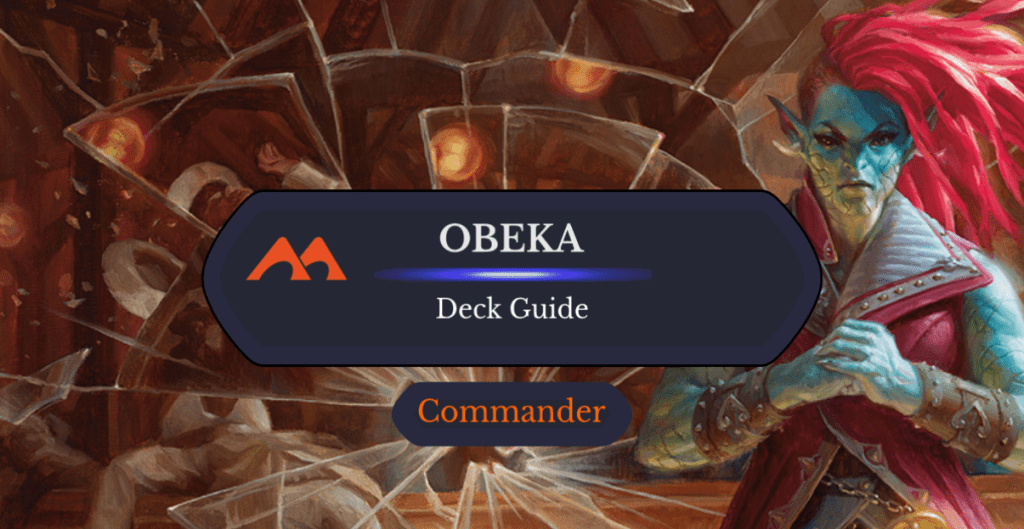
Obeka, Splitter of Seconds | Illustration by Ryan Pancoast
Outlaws of Thunder Junction brought many new commanders for players to brew with in Magic: The Gathering, and today I’ll go over the one that I liked the most. It's in one of my favorite shards, Grixis, and it also has a super fun ability that triggers whenever it deals combat damage to a player.
That’s right. I’m talking about Obeka, Splitter of Seconds. With their unique way of manipulating time, this Grixis commander offers players strategic advantages, allowing them to dodge threats, reset powerful effects, and even reshape the battlefield to their advantage.
Intrigued by how this special ability can be exploited? Let's find out!
The Deck
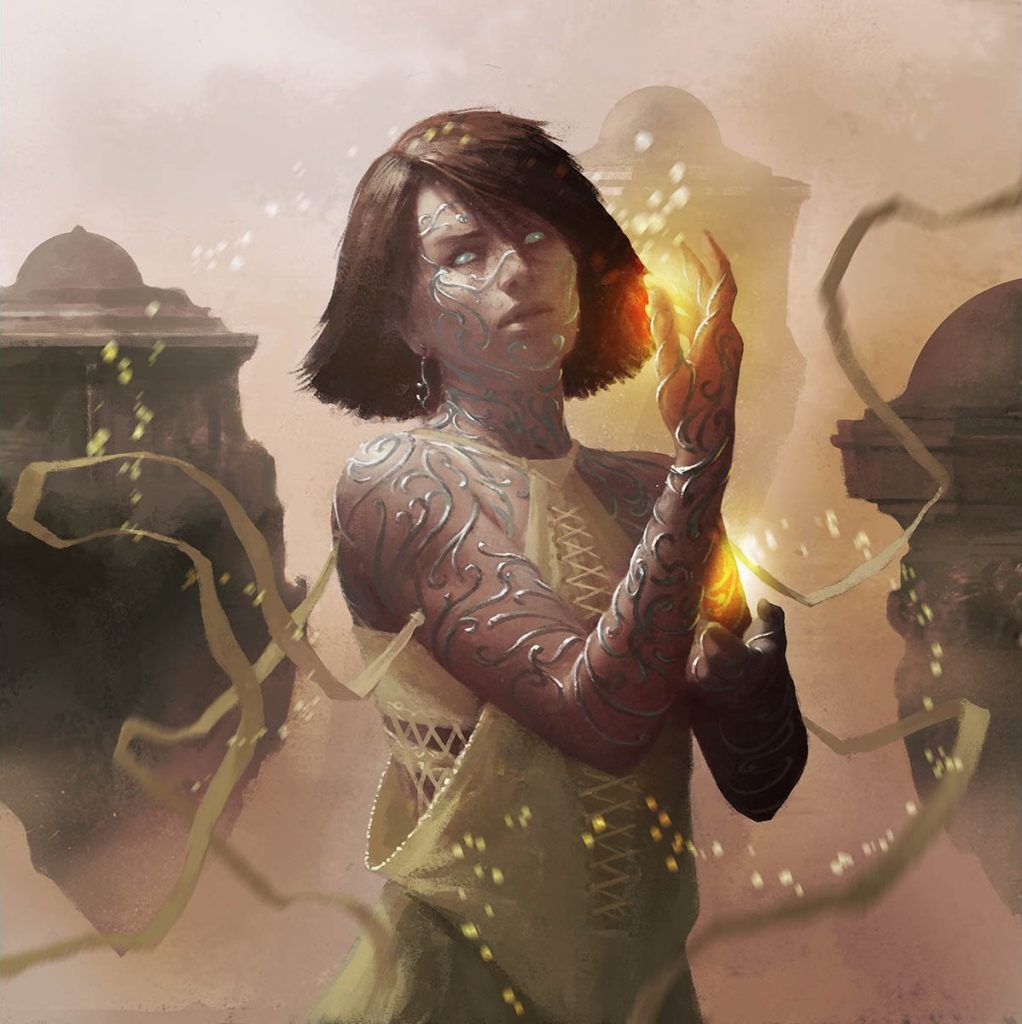
Spellseeker | Illustration by Igor Kieryluk
Commander (1)
Planeswalker (1)
Creature (12)
Spellseeker
Thassa, God of the Sea
The Ninth Doctor
Ravenloft Adventurer
Caves of Chaos Adventurer
Dominus of Fealty
Feywild Caretaker
Keeper of Keys
Quakebringer
Xanathar, Guild Kingpin
Skyline Despot
Sphinx of the Second Sun
Sorcery (11)
Inevitable Betrayal
Profane Tutor
Vandalblast
Demonic Tutor
Feed the Swarm
Toxic Deluge
Damnation
Seize the Day
Lórien Revealed
Inspiring Refrain
Blasphemous Act
Instant (9)
An Offer You Can't Refuse
Slip Out the Back
Swan Song
Cyclonic Rift
Counterspell
Muddle the Mixture
Fierce Guardianship
Chaos Warp
Deadly Rollick
Enchantment (12)
Search for Azcanta
Call of the Ring
As Foretold
Paradox Haze
Phyrexian Arena
Court of Vantress
Court of Locthwain
Court of Embereth
Palace Siege
Court of Ire
Extravagant Replication
Virtue of Persistence
Artifact (15)
Sol Ring
Arcane Signet
Coldsteel Heart
Fellwar Stone
Key to the City
Lightning Greaves
Strionic Resonator
Swiftfoot Boots
Talisman of Creativity
Talisman of Dominance
Talisman of Indulgence
Replicating Ring
Whispersilk Cloak
Midnight Clock
Portal to Phyrexia
Land (39)
Access Tunnel
Blightstep Pathway
Blood Crypt
Bloodstained Mire
Bojuka Bog
Clearwater Pathway
Command Tower
Dragonskull Summit
Drowned Catacomb
Haunted Ridge
Island x5
Maestros Theater
Minas Morgul, Dark Fortress
Mountain x2
Myriad Landscape
Otawara, Soaring City
Polluted Delta
Raucous Theater
Reliquary Tower
Riverglide Pathway
Rogue's Passage
Scalding Tarn
Shizo, Death's Storehouse
Snow-Covered Swamp x3
Steam Vents
Stormcarved Coast
Sulfur Falls
The Black Gate
Undercity Sewers
Urborg, Tomb of Yawgmoth
Watery Grave
Xander's Lounge
The Commander: Obeka, Splitter of Seconds
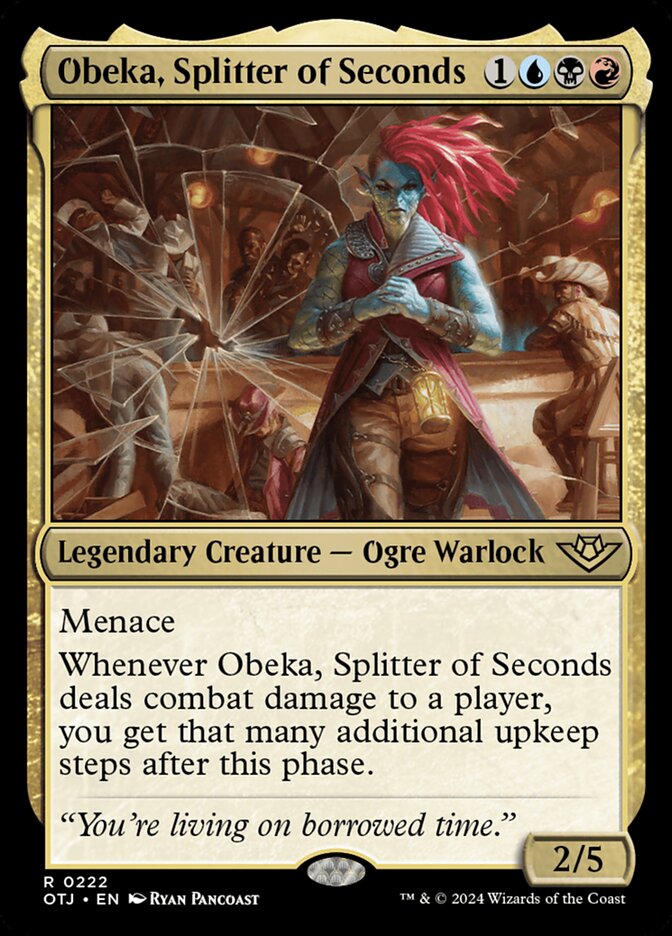
Obeka, Splitter of Seconds is a unique commander that rewards you for dealing combat damage to your opponents. The damage dealt by Obeka translates into that many additional upkeeps. In turn, it creates a different play pattern than you may be used to, most notably because it's an ability that could set you as the target of the table very easily. Still, we’ll see how we can address it and what this deck is all about.
The Payoffs
So, what can we do with additional upkeeps, you may be wondering? Well, the answer is simple: Outvalue your opponents with every cheap card that triggers at the beginning of your upkeep.
Starting with Call of the Ring and Search for Azcanta, two very different cards that have unique effects for this deck. The first can provide you with two critical things for this deck: card advantage and evasion for your commander. While this requires you to have at least a creature in play, it’ll often put you in a winning position as soon as it gets going. Search for Azcanta, on the other hand, can smooth your draws on each of your upkeeps, and you can decide whether or not you want to flip it into Azcanta, the Sunken Ruin..
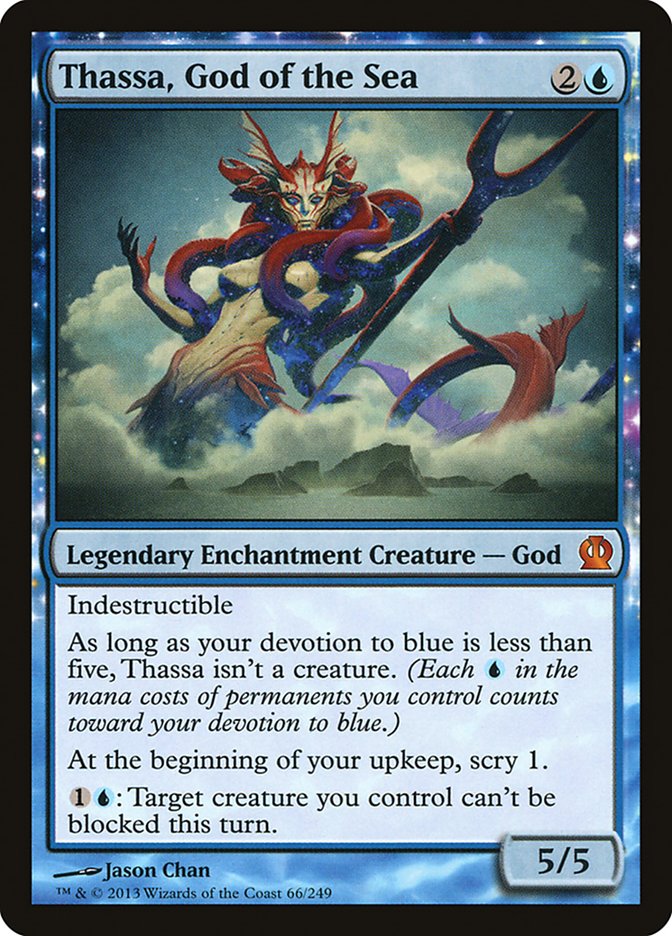
Thassa, God of the Sea, has a similar role, and it can also make your commander unblockable for a turn while being very hard to deal with.
From there, you have other cute effects such as Paradox Haze to provide you with extra upkeeps, Phyrexian Arena for more card draw, As Foretold to play cards for free, and at the end of the curve, you have decent cards like Xanathar, Guild Kingpin or Extravagant Replication that can push you ahead in games. Still, while great, there are even better cards that can be used as your win condition that we need to talk about. But before we dive into them, we need to talk about two main sub-themes this deck has.
The Monarch and Initiative
The initiative is an ability found on some cards that triggers on actions such as dealing damage or a permanent entering the battlefield. Once you “take” the initiative, if you’re not in a dungeon, you enter the Undercity. Otherwise, you just venture into the dungeon. This ability triggers every time you take the initiative, but more importantly for us, it also triggers at the beginning of your upkeep. You can complete entire dungeons in a single turn with the proper setup. The drawback is that since this theme encourages people to attack each other, chances of retaining it are slim, as you’ll lose the initiative as soon as you take combat damage from an opponent.
This is where the monarch comes into play, as unlike the initiative, it triggers at the end of your turn The monarch and the initiative complement each other as one will trigger at the beginning of your upkeep and the other at the end step.
Court of Vantress can help you duplicate powerful artifacts, such as Portal to Phyrexia. Caves of Chaos Adventurer is generically great, and Court of Locthwain provides extra card advantage. Keeper of Keys will make your creatures, including your commander, unblockable for the turn. With these in mind, let's look at some win conditions with these abilities.
The Win Conditions
The first two cards that should come to mind when talking about win conditions are Court of Ire and Court of Embereth. One deals damage to any target on each upkeep, while the other creates an army for you and also deals direct damage if you’re currently the monarch.
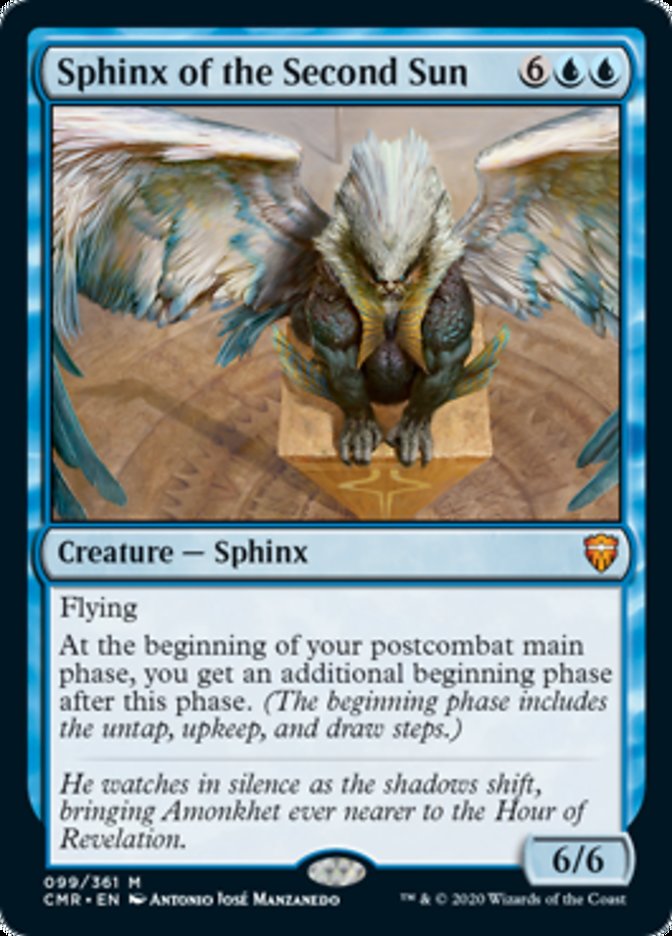
You might be thinking: How can you effectively use and keep the intitiative and monarch if Obeka isn’t in play yet? Well, let me introduce you to Sphinx of the Second Sun. Aside from being big, it gives you an extra beginning phase post-combat. You’ll find situations where you trigger abilities left and right post-combat, and as such, this Sphinx is meant to be considered a win condition as well.
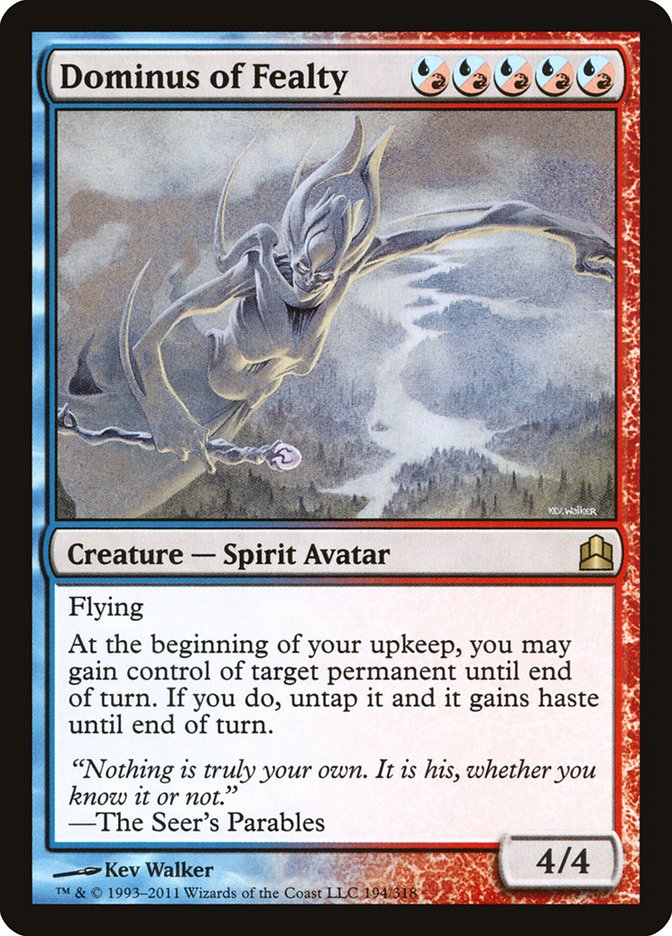
From there, you have other oppressive cards, such as Dominus of Fealty or even the already mentioned Portal to Phyrexia. Still, to set up beautifully, this deck runs some cards that’ll grant you access to what you need at the right time.AKA: the tutors.
The Tutors
Like many Commander decks, this one runs its fair share of tutors, or cards that can look for others in your deck that you may need for specific situations.
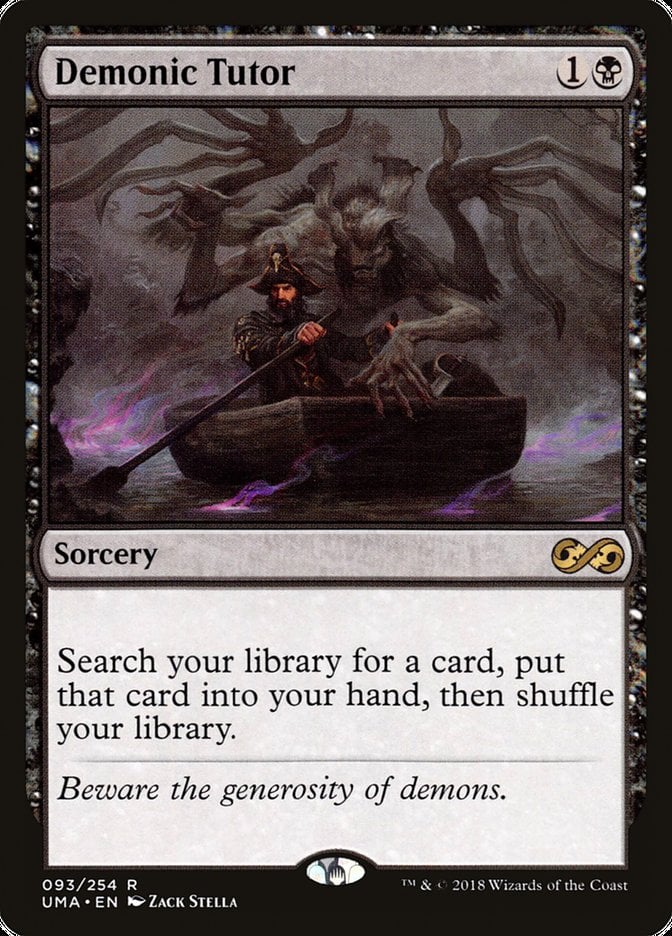
This list wouldn’t be complete without Demonic Tutor, as for only 2 mana you can search for any card in your deck, including lands.
However, there are other ones like Muddle the Mixture or Lórien Revealed that have a dual function in the deck but also search for specific kinds of cards. The latter is one of my favorites, as you can fix your mana at instant speed, and in the late game, you can draw three cards. Another notable mention is Tezzeret the Seeker, because it can tutor any mana rock, or with enough effort, it can even put into play a Portal to Phyrexia. More often than not, though, you’ll find yourself searching for a piece of equipment to help your Commander survive, like Lightning Greaves or Swiftfoot Boots to gain shroud or hexproof.
The Removal
The remainder of the deck consists of removal spells, ways to protect your creatures, and card advantage. You've got your fair share of spot removal options like Deadly Rollick or Chaos Warp. Virtue of Persistence also falls into this category, and its enchantment side is very useful in this deck, as it can trigger multiple times if you manage to get a hit with your commander. From there, you've got a decent mix of board wipes like Damnation or Toxic Deluge and other cards that have multiple roles, as is the case with Cyclonic Rift and Vandalblast.
Protection Spells
While countermagic like Counterspell or An Offer You Can't Refuse are the main ways to protect your commander, there are also other neat cards that can do the trick, like Slip Out the Back. The amount of protection you play depends on your own personal build, but running six to eight spells that can prevent your opponents from killing your commander is ideal.
Card Advantage
It may be obvious that this deck has multiple ways to get card advantage through the game, especially when running both the monarch and the initiative. Still, there are some outstanding cards I want to point out, like Inspiring Refrain. With the right setup, this card can draw you two extra cards per turn, as it pairs nicely with your Commander. The other notable one is Midnight Clock, as you can complete its cycle to reach the 12 counters in no time. Its ability also triggers in your opponents’ upkeeps, eventually refilling your hand for the mere cost of 3 mana.
The Mana Base
There are tons of options for “dual lands” across different rarities and budgets. I’m simply playing the lands I liked the most. However, I’ll also cover some cheaper options if you’re working with a tight budget for your EDH deck.
One thing that I highly encourage is to get your hands on fetch lands like Polluted Delta, as they are fundamental in fixing your mana base, whether they’re used to tutor for budget lands like Sunken Hollow or the most expensive ones like Underground Sea. I’m running the middle options: shock lands like Blood Crypt or Watery Grave, and the new surveil lands like Thundering Falls.
You want to fill your deck with other lands that’ve been printed many times in MTG’s history, including check lands like Dragonskull Summit or pain lands like Sulfurous Springs..
You definitely need a good mix of cheap mana rocks to hasten your plays and ramp you ahead of the game. Outside of Sol Ring, I added a few other mana rocks like the Grixis Talismans cycle (Talisman of Dominance and friends), and EDH staples like Arcane Signet. You can also mix and match the mana rocks you prefer playing; some like Izzet Signet or Thought Vessel are also decent options, so it's just a matter of which you like most at the end of the day. Last but not least, this deck runs some lands that may not fix your mana, but can make your commander unblockable, like Rogue's Passage or Access Tunnel.
The Strategy
As you may have noticed, the strategy of this deck is to, well, hit with Obeka and protect your commander until they’re able to deal damage to your opponents. We run cards that have very good upkeep effects, such as the initiative, which will trigger multiple times based on the amount of damage Obeka has dealt. This, in turn, can be used to gain card advantage throughout the course of the game, search for your finishers, and ultimately kill your opponents, more often than not all at the same time.
Combos and Interactions
Most of these cards are intuitive, but it's about getting creative when crafting your turns.
For example, Strionic Resonator can copy your enter the battlefield abilities of cards with initiative like Caves of Chaos Adventurer
Since you’ll be using cards like Xanathar, Guild Kingpin to play cards from your opponents, there’s a slight chance that you run into cards that can venture into the dungeon even before you get the initiative, (maybe you snag a Nadaar, Selfless Paladin, for example). If that’s the case, and you later get the initiative, you can complete the dungeon you were in first, and then enter the Undercity once the first dungeon is completed. This means that you can turbo through other dungeons with Obeka and a little help from your opponents.
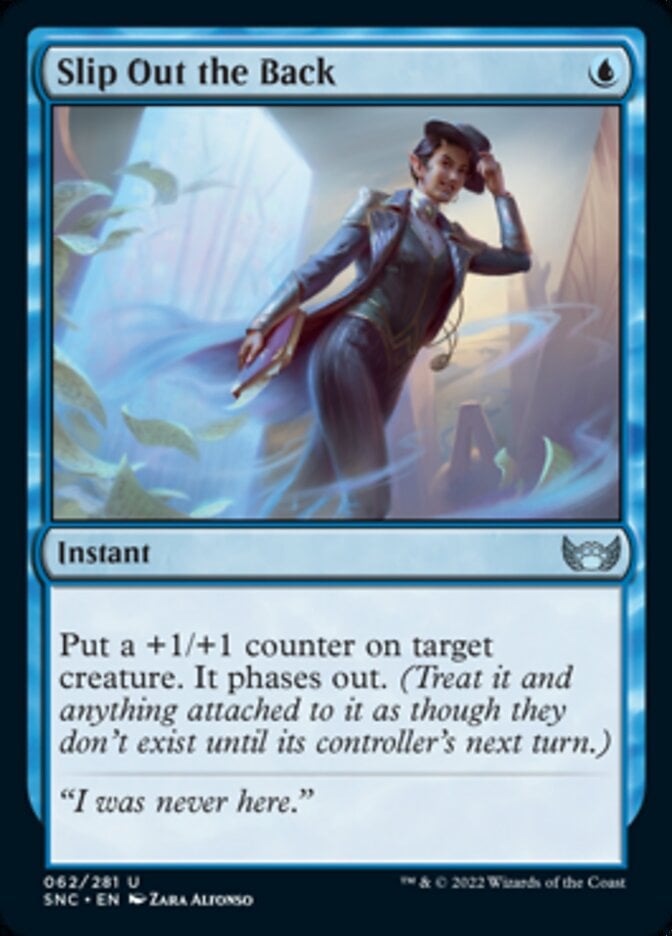
If you’re planning to board wipe but you’re in doubt about doing so because you have your commander in play, all you need to do is to tutor for a Slip Out the Back, target your creature, and proceed to clean the board and keep your commander safe for future turns.
Rule 0 Violations Check
In all fairness, this deck doesn’t have extremely punishing combos or infinites, and should clear any Rule 0 conversation.
Still, there are some options you can add to your deck to level up your unfairness game.
Sphinx of the Second Sun + Aggravated Assault
This combination will give you almost infinite card draw triggers, combat phases, and untap steps. You need at least 10 mana to activate Aggravated Assault twice, get additional main phases, and repeat the process to get infinite attacks in a single turn.
Sword of Feast and Famine + Aggravated Assault
If you’re already planning to add Aggravated Assault, you might as well consider Sword of Feast and Famine. While it pairs exceptionally well with your commander to give it protection and untap your lands, its power comes from the fact that you can get infinite combat phases if you can reliably hit with the equipped creature.
Hellkite Charger + Sword of Feast and Famine
Another way to get infinite combats is by using a Hellkite Charger instead of Aggravated Assault. Despite playing out very similarly, it may be easier for your opponents to deal with Hellkite Charger, and as such, your playgroup may be okay with allowing it.
Budget Options
As is the case with a game with thousands of cards at players' disposal, there are cheaper ways to get similar results than cards that may be rather expensive for casual games. As such, here’s a list of cards that are both decent and cheap that can be accommodated for your budget.
First on the list, we have Lavaspur Boots, introduced in Outlaws of Thunder Junction, whose primary role is to give your creature (most of the time Obeka) haste and Ward 1. While not as strong as hexproof or shroud, ward is still a decent form of protection, especially if your opponents are tight on mana.
Next, there’s Jhoira of the Ghitu as an efficient way to maximize the extra upkeep phases you get with your commander. You can suspend any of your win conditions, and even play them in a turn or two for a mere 2 mana, rather than paying their entire mana cost.
Some cards with initiative may be a bit expensive. However, you can also resort to using cheaper ones that are banned in formats like Pauper, Aarakocra Sneak for example.
On the other hand, if you’re looking for a cheap countermagic alternative, Negate will never let you down. In the removal department, both Reality Strobe and Arc Blade are good cards that can be used multiple times in a single game.
Finally, you have tons of cards to choose from to fix your mana, but if you’re looking for the cheapest options, bounce lands like Izzet Boilerworks and scry lands like Temple of Malice are your best approach.
Other Builds
While this version of the deck is the most common one you’ll see at your tables, there are other ways you can play it, depending on your budget and the type of pods you’re playing in.
For example, this is ultimately a Grixis deck, so it makes sense to consider adding an alternative win condition like the Demonic Consultation/Tainted Pact + Thassa's Oracle combo.
You can also choose to build Obeka into a pseudo-Voltron commander, focusing on equipment and enchantments that boost your commander’s power to gain many additional upkeep phases.
Lastly, you can choose to build this this as a tempo deck, with more evasive creatures such as Malcolm, Alluring Scoundrel or Malcolm, the Eyes to constantly attack your opponents, while holding countermagic to protect your creatures and removal to keep threats in check.
Wrap Up
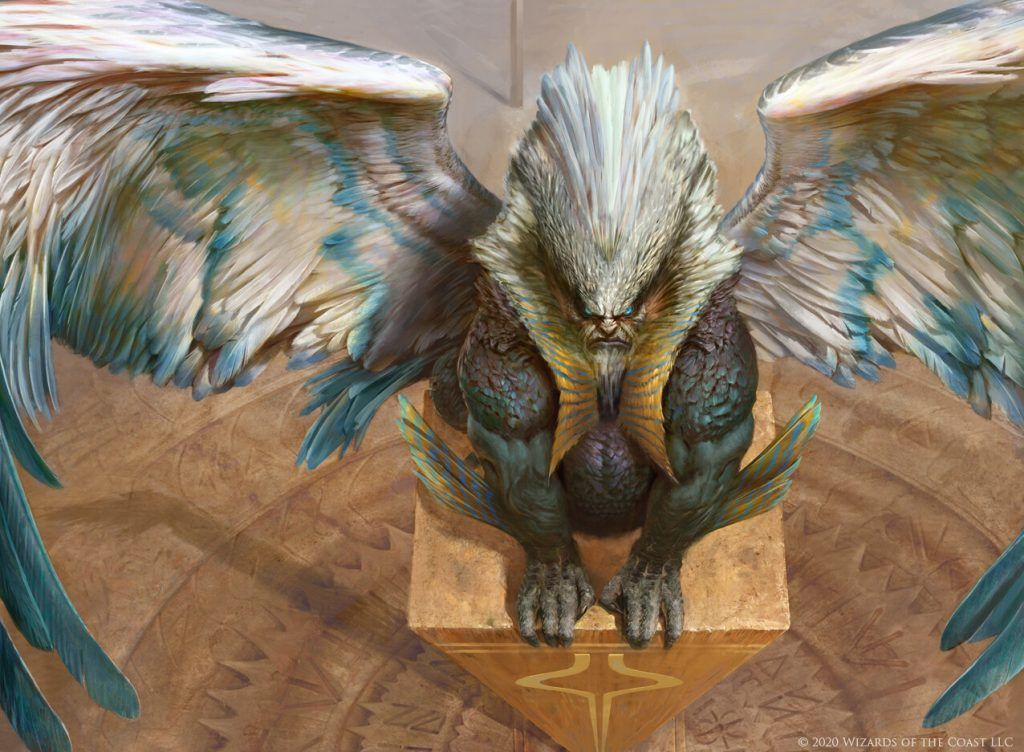
Sphinx of the Second Sun | Illustration by Antonio José Manzanedo
And there you have it, a “stock” version of an Obeka deck that can be both “fair” and fun to play in a given playgroup.
As I’ve also shown, you can opt to level up your unfairness by adding a few extra cards to it, but be mindful of your playgroup and ask them if they’re ok with you running those cards.
At the end of the day, it's all about the Gathering, not losing friends.
What do you think? Did you like the deck, or was there any particular card I may have missed? Let us know in the comments.
Thanks for reading up until now. Remember to follow us on social media or join the Draftsim Discord, where you will find tons of entertaining reading material.
As always, take care, and we will meet again in one of my other articles!
Follow Draftsim for awesome articles and set updates: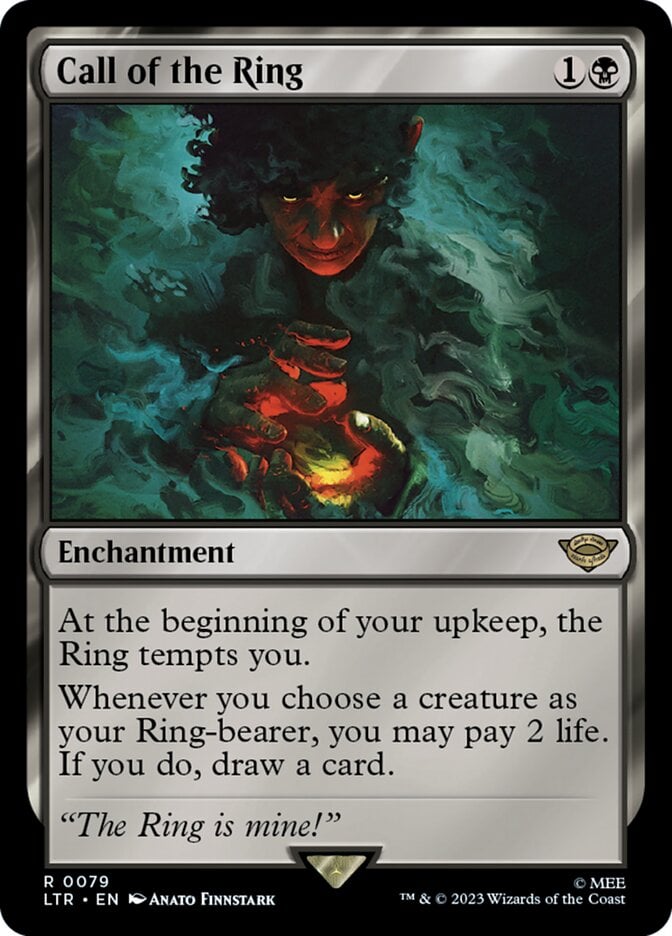
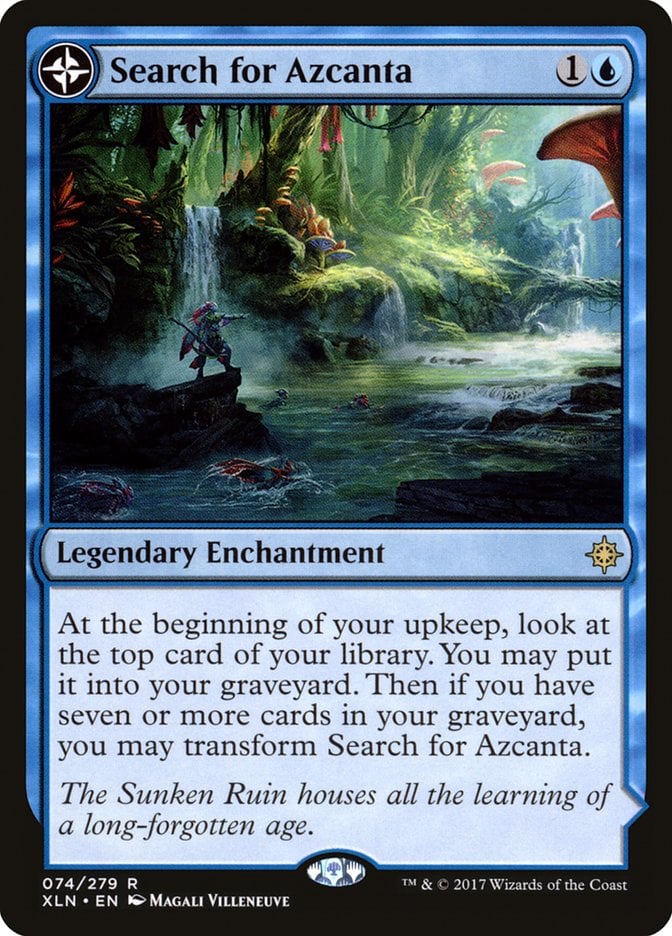
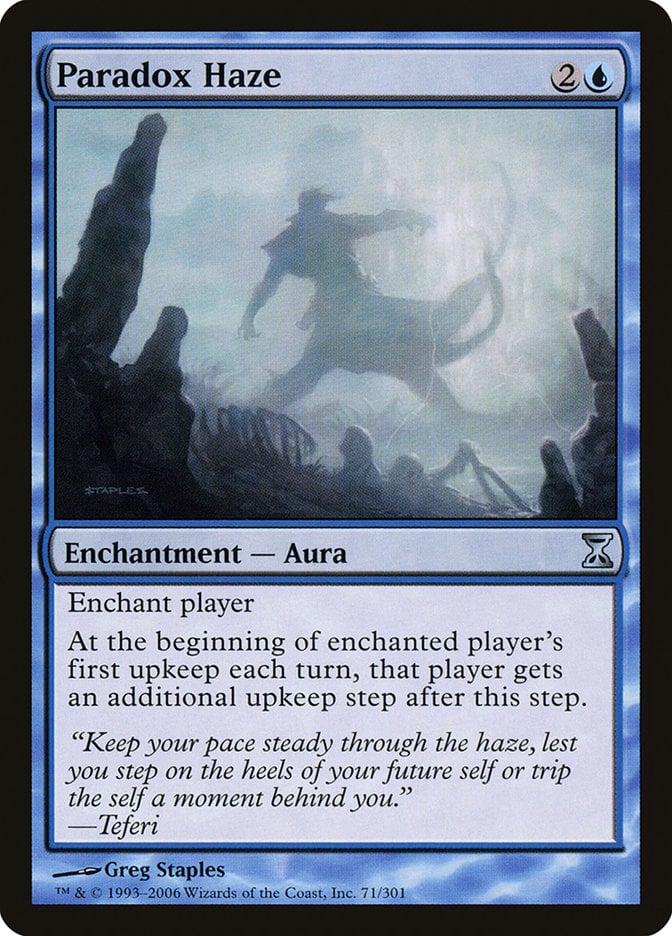
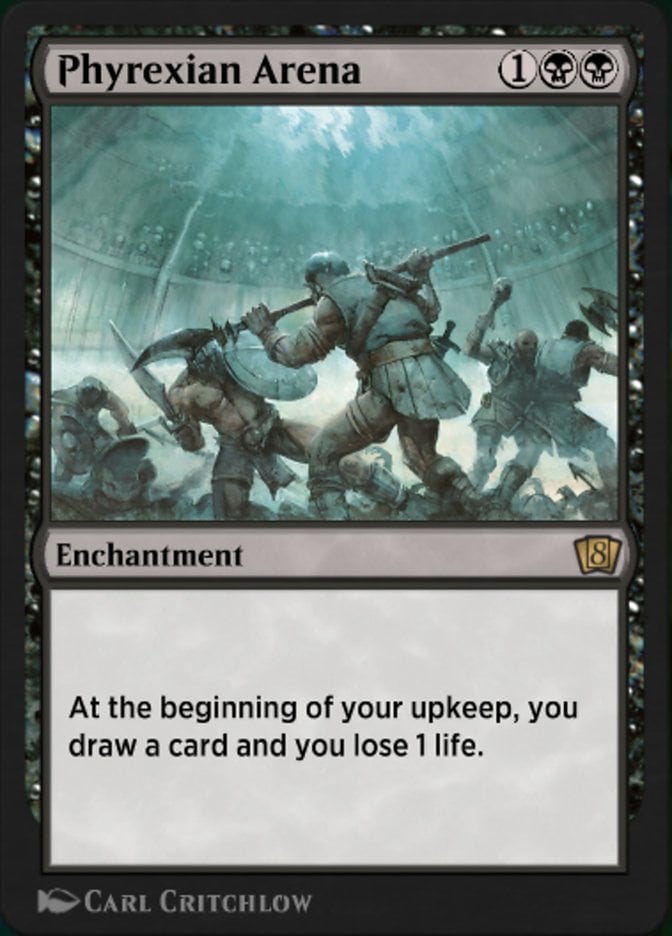
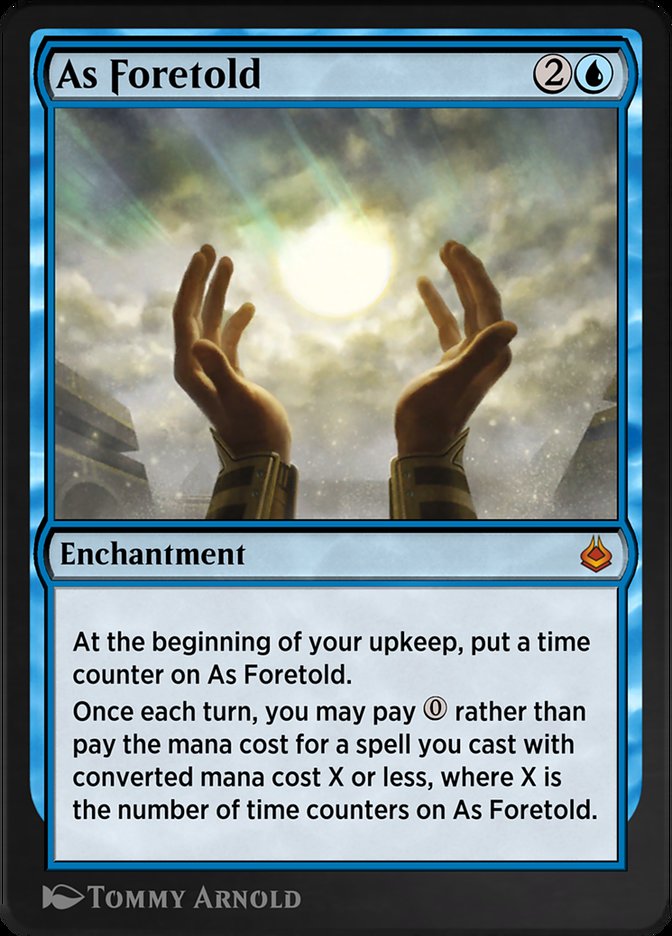
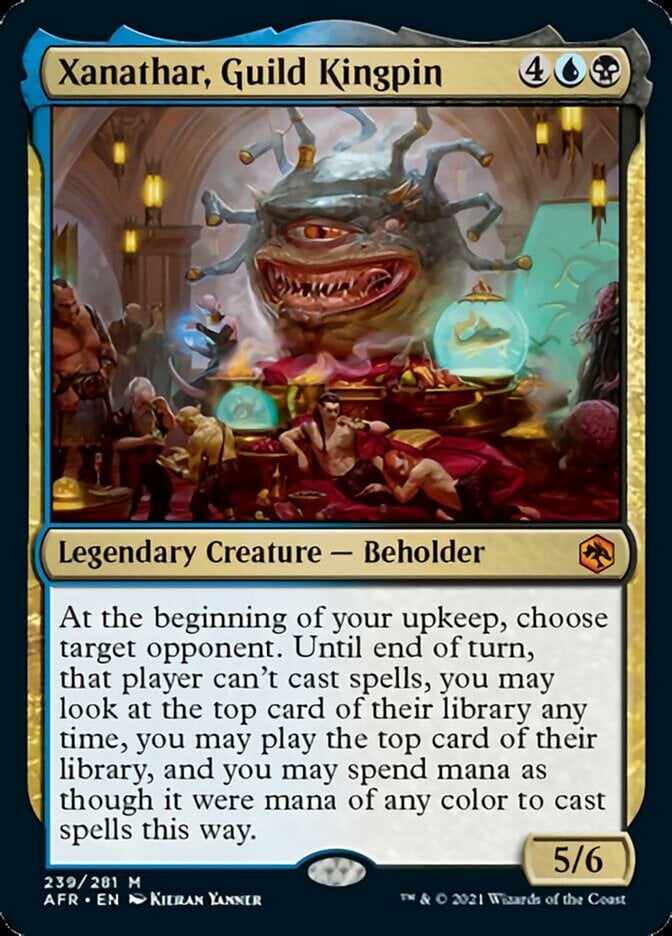
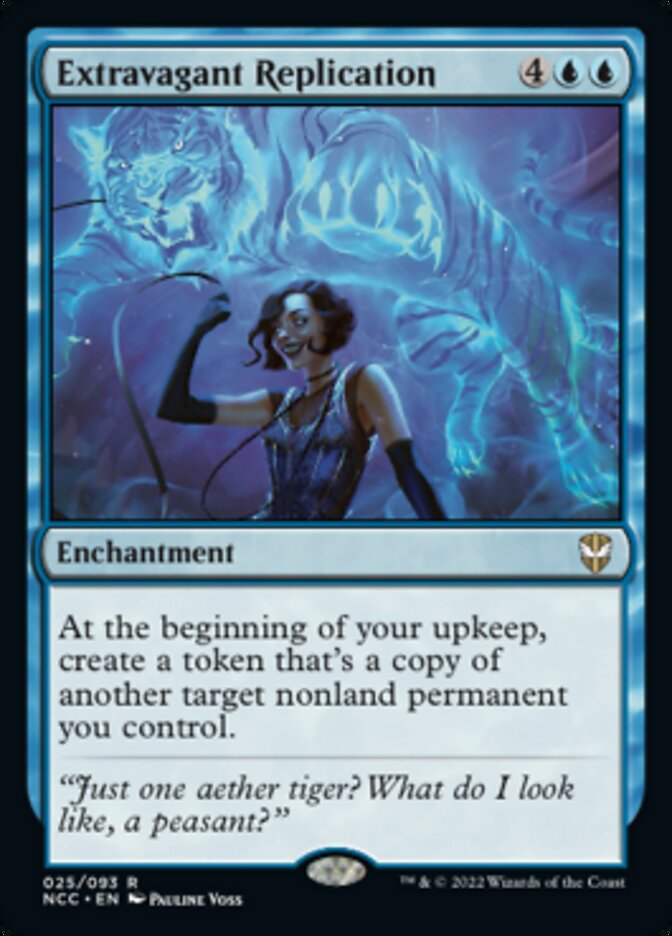
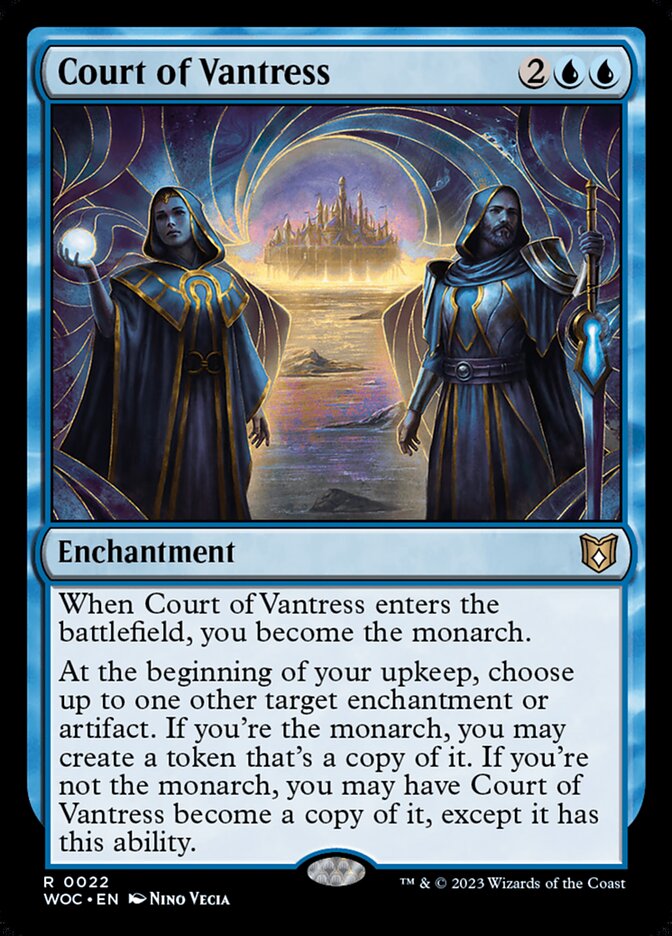
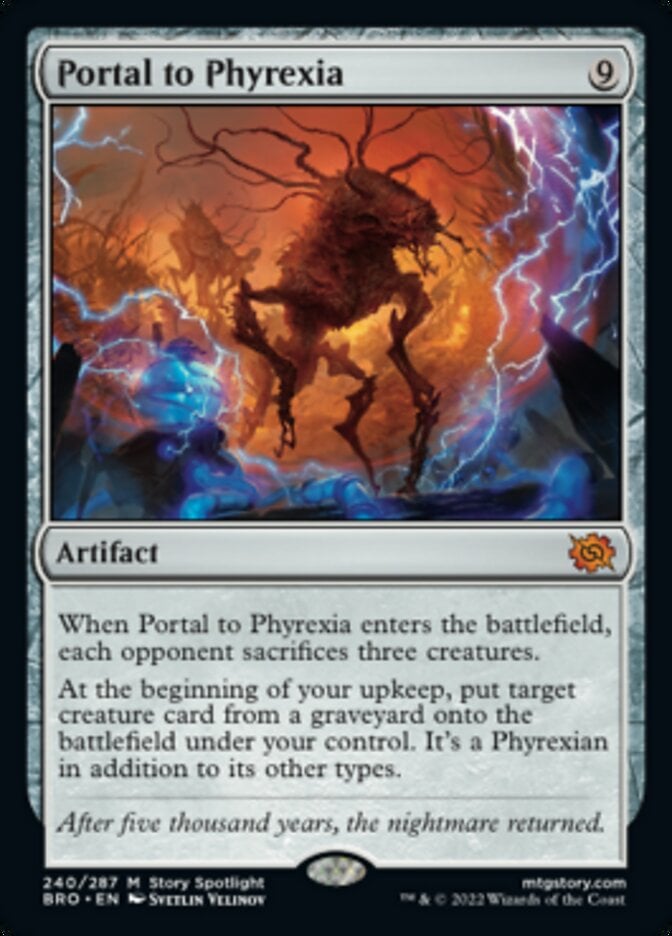
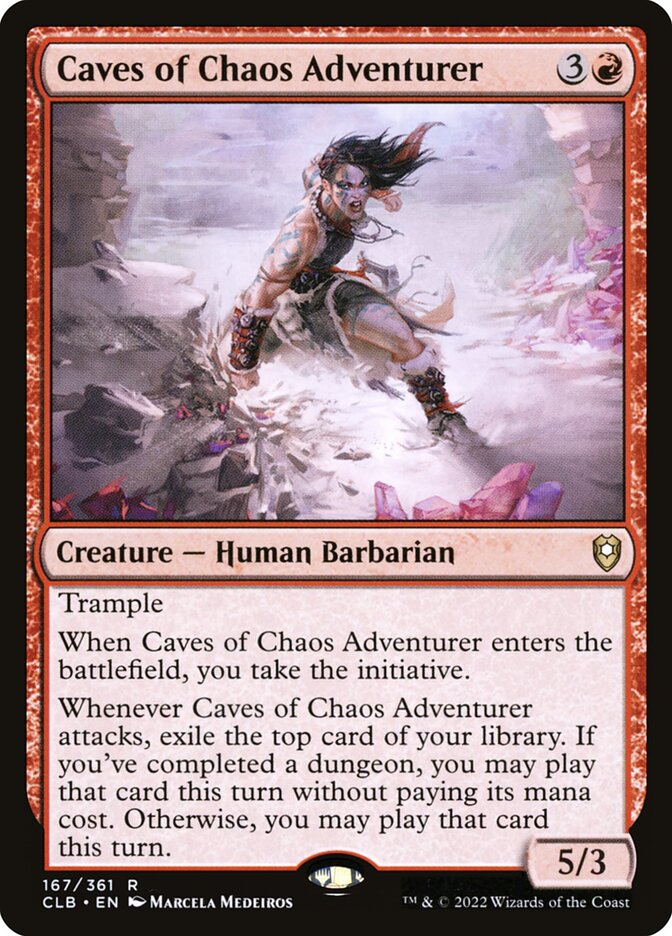
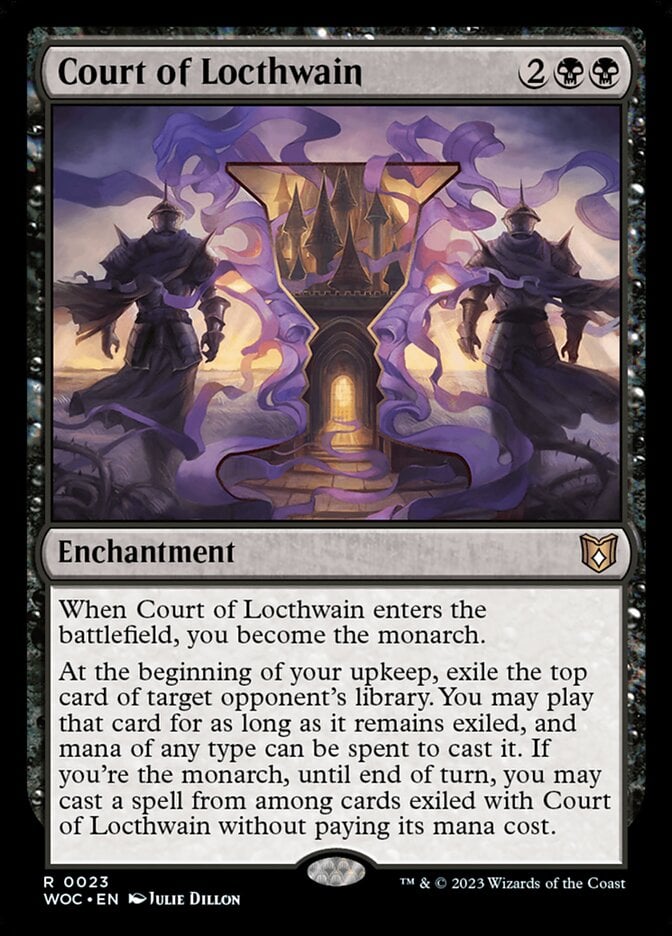
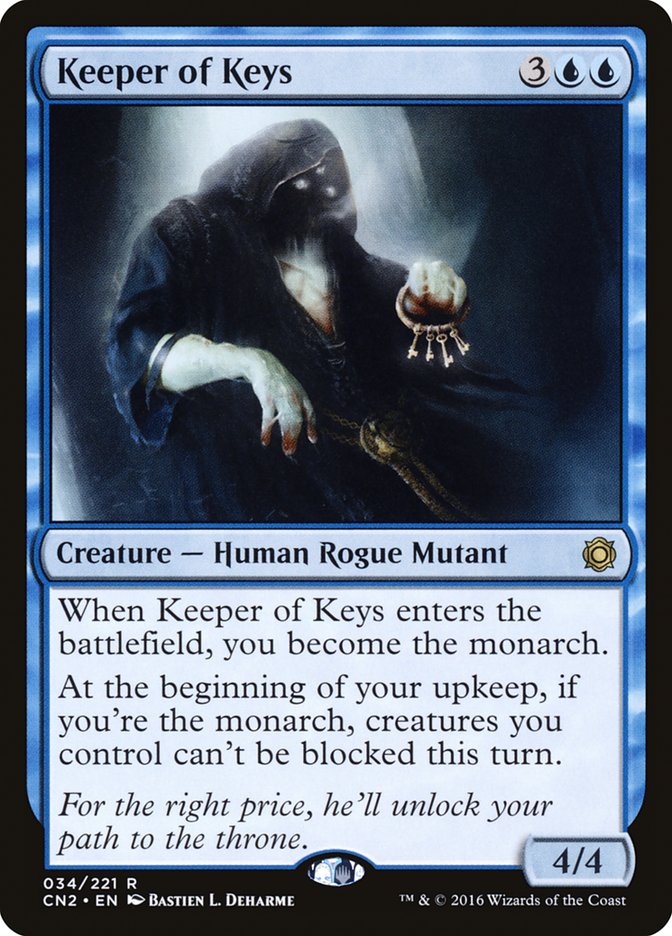
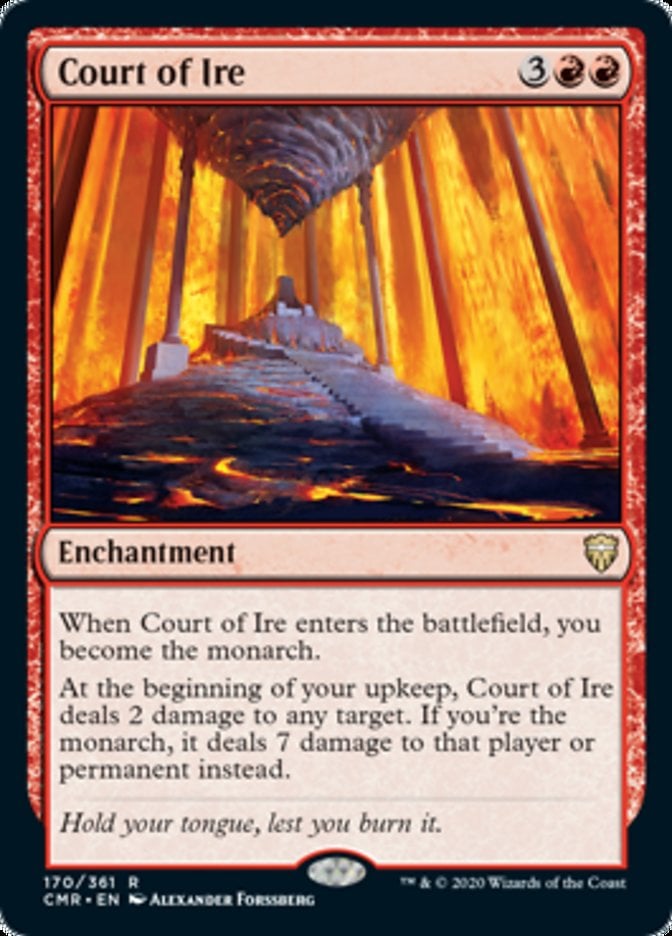
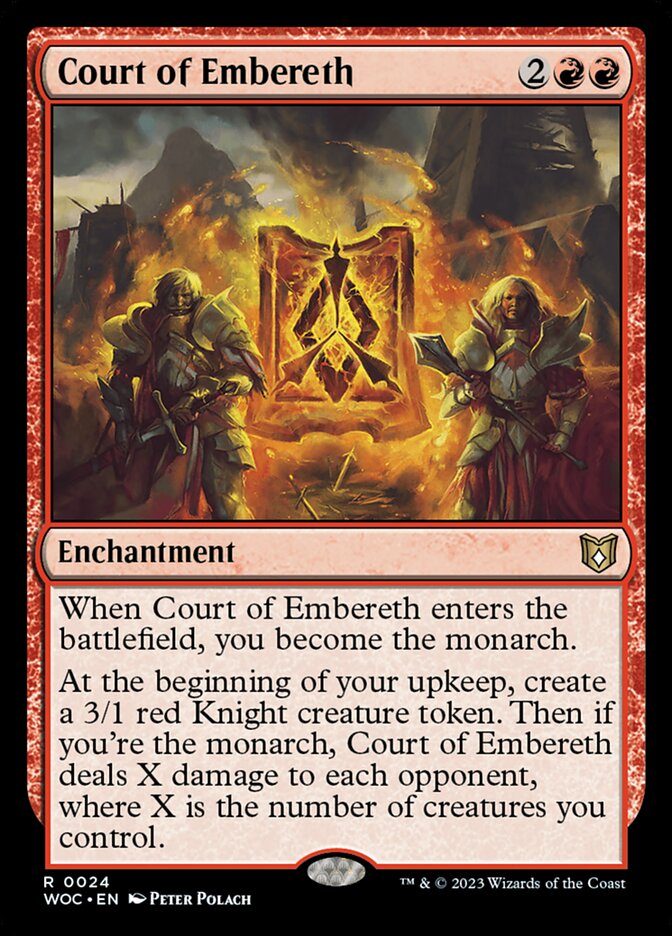
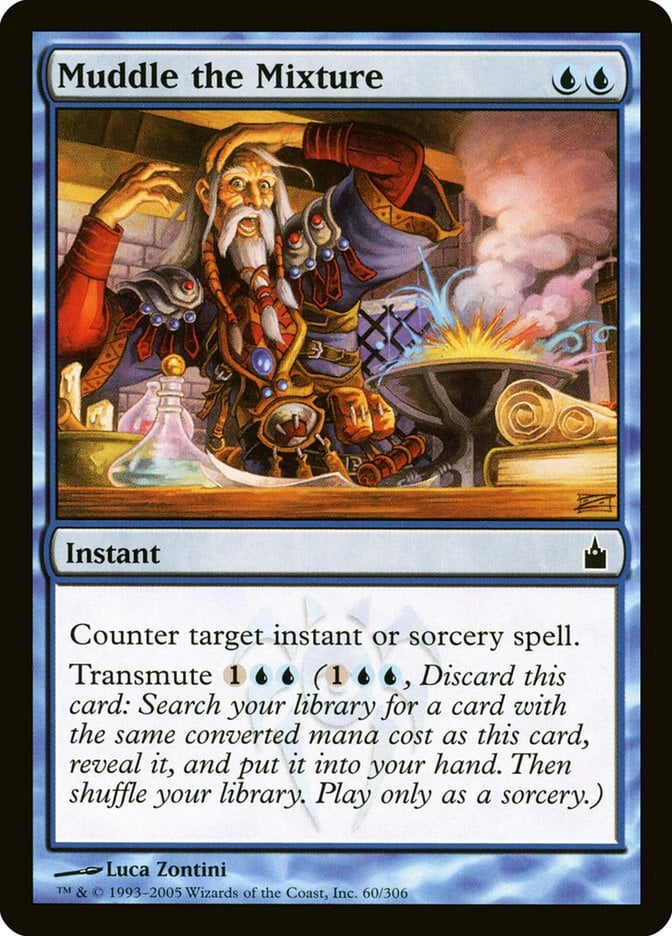
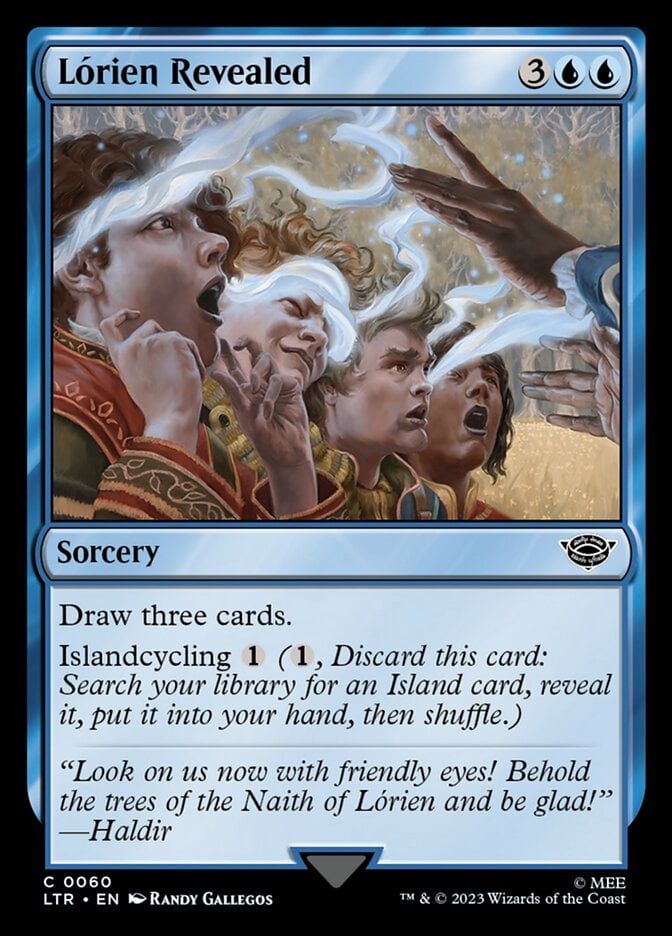
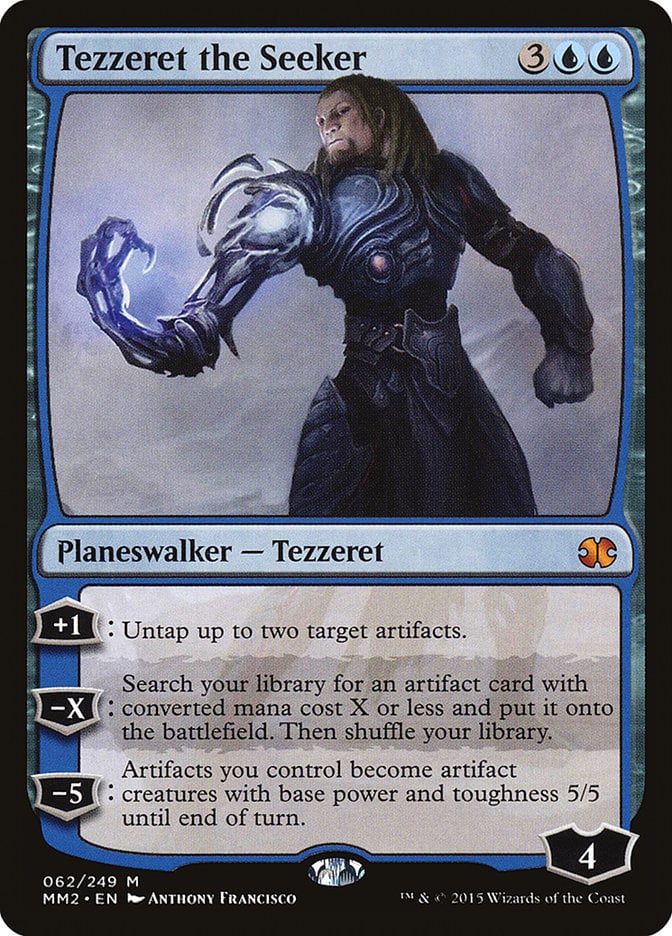
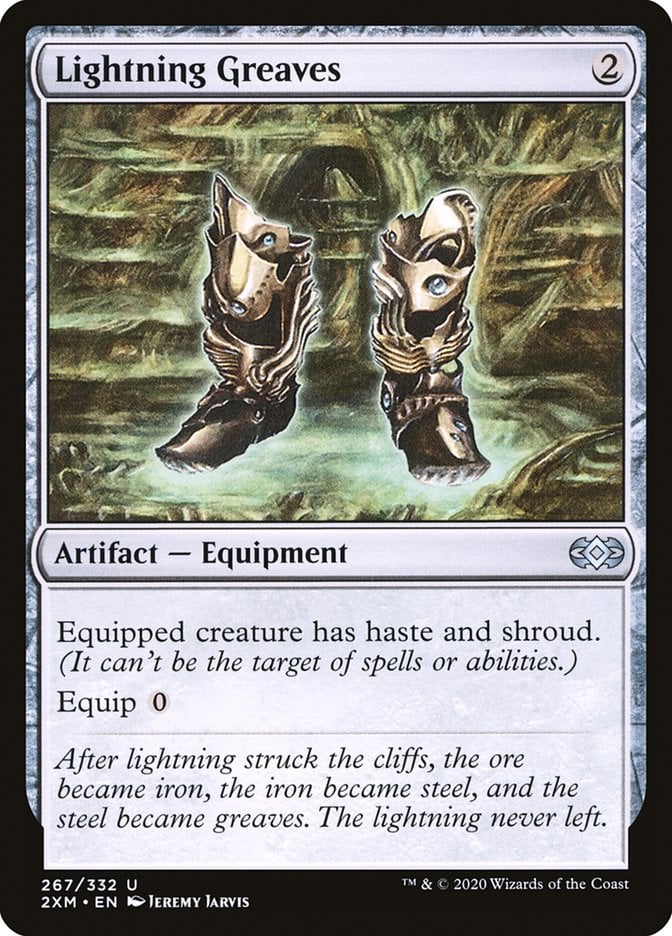
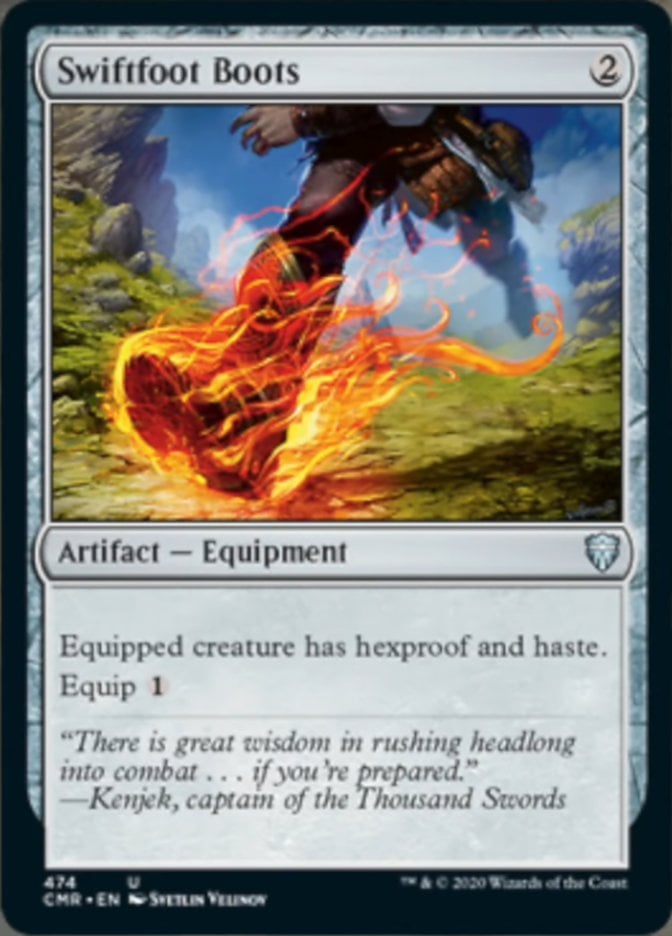
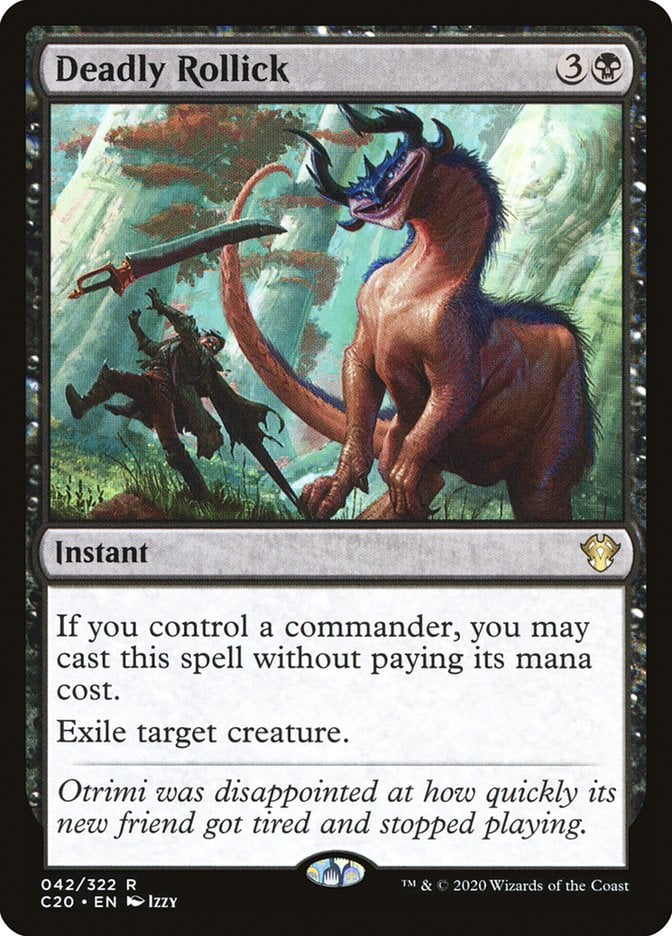
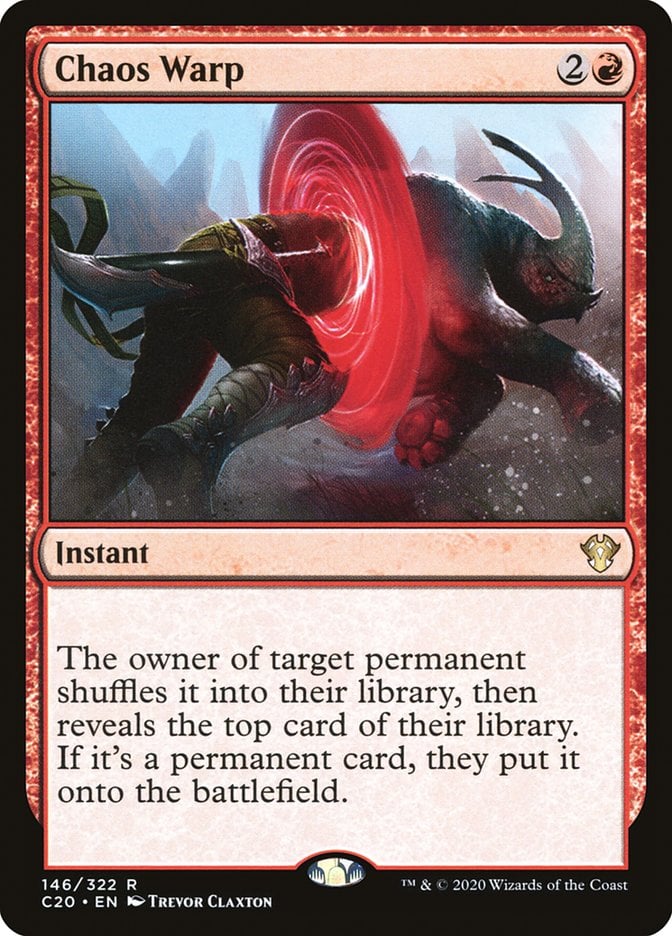
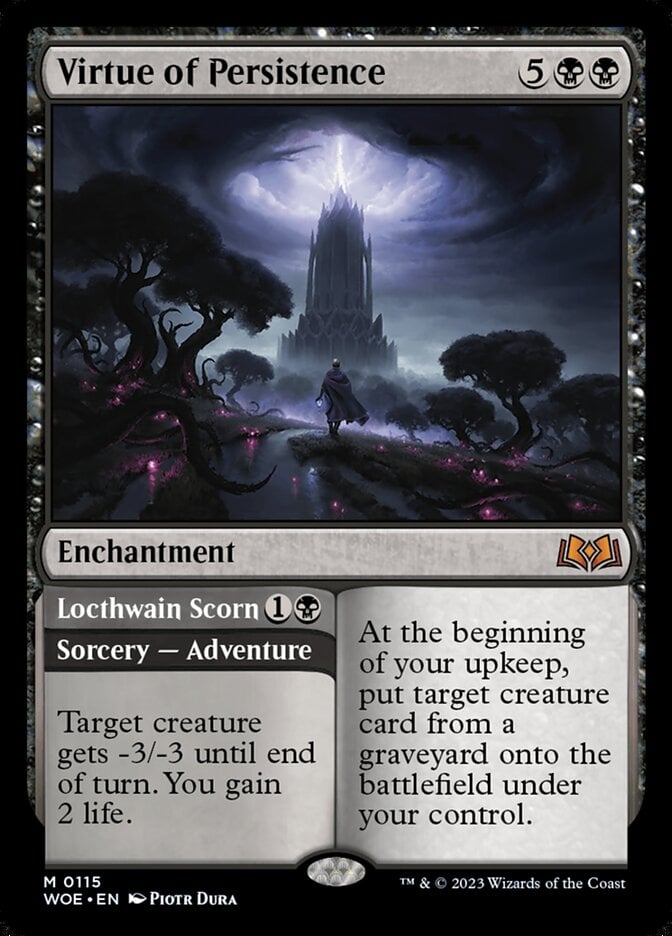
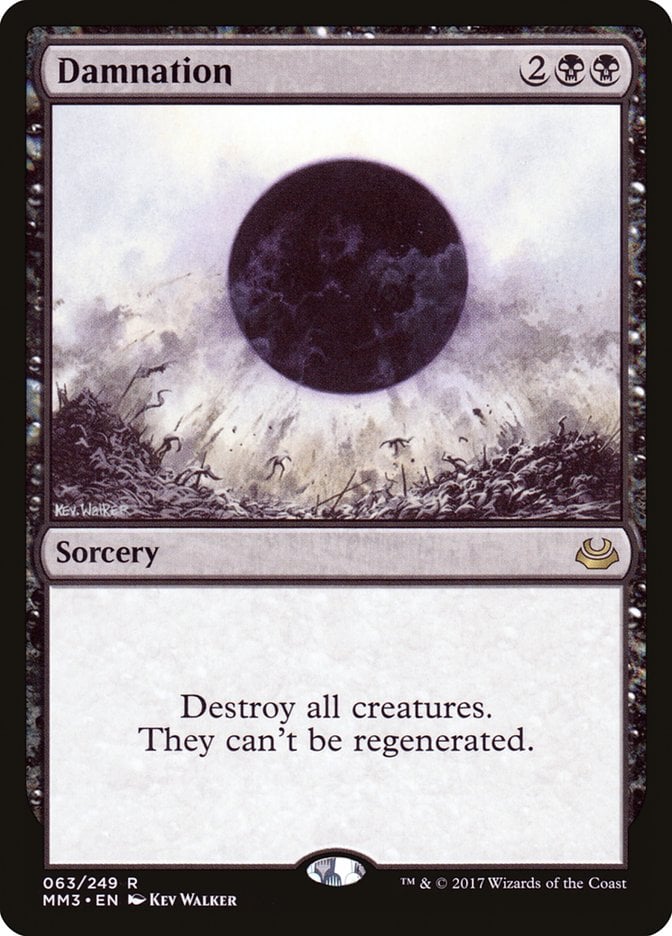
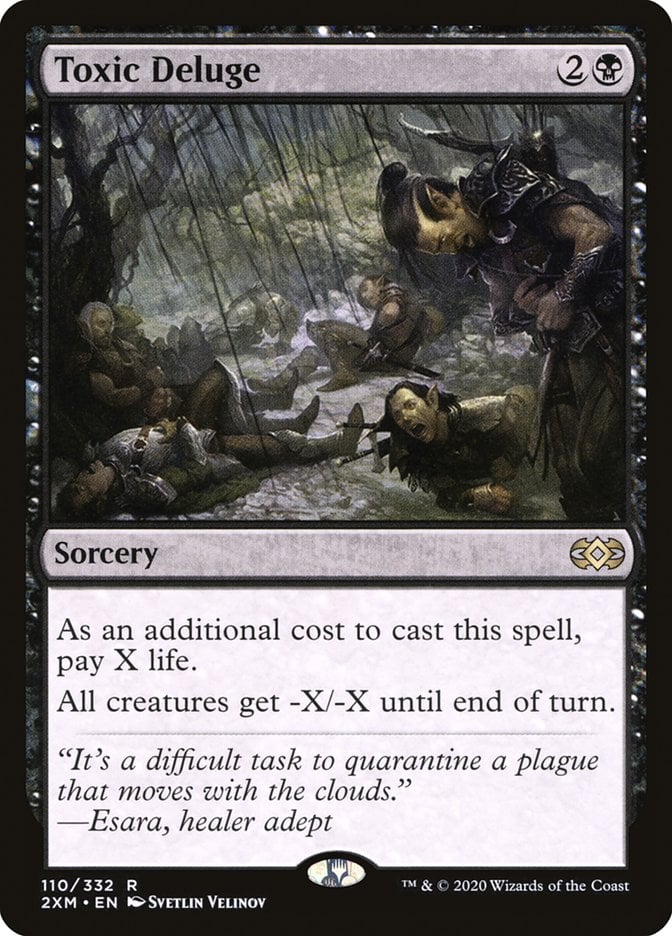
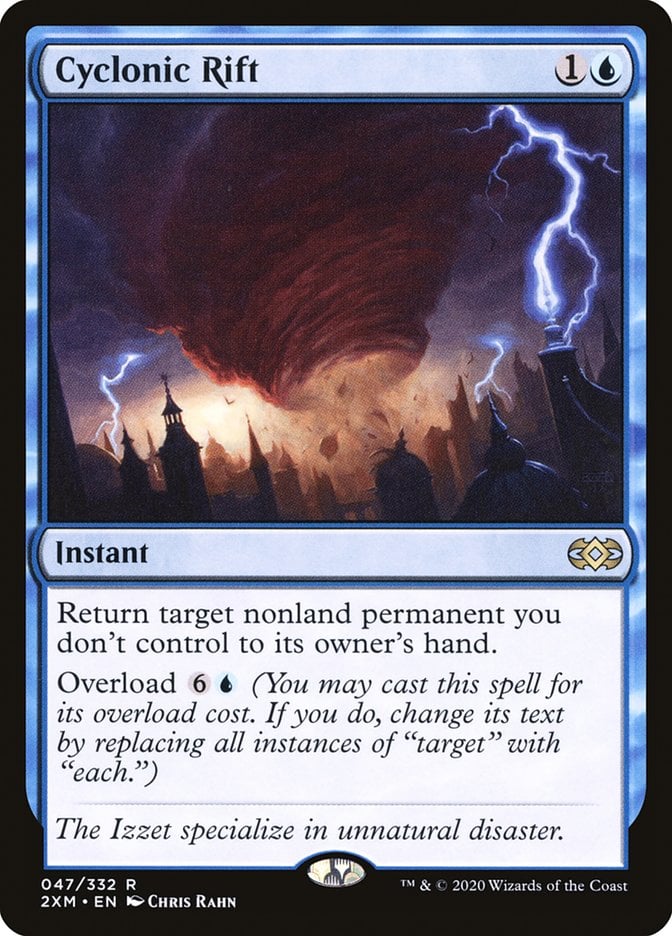
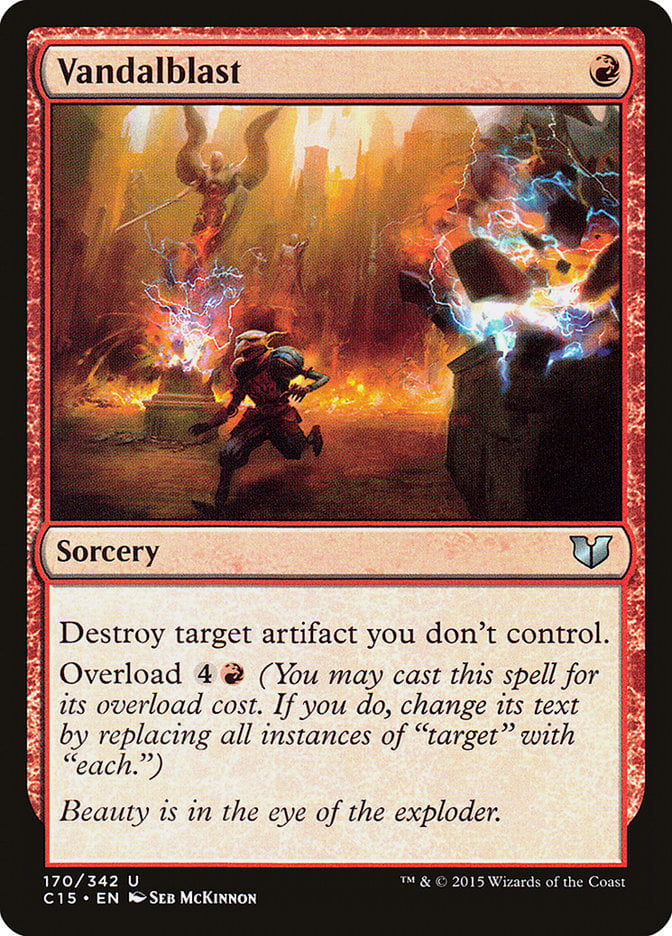
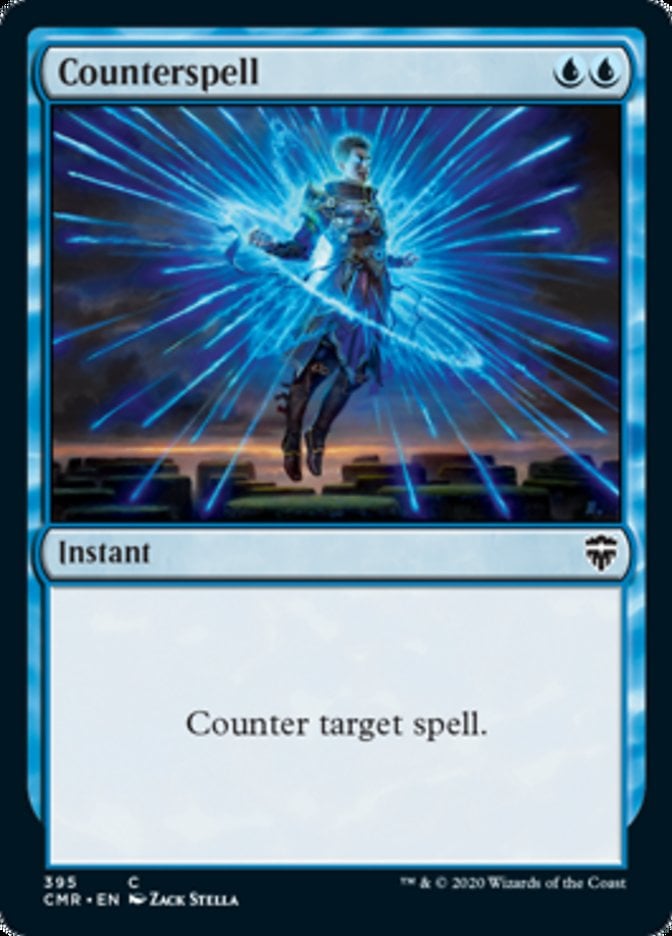
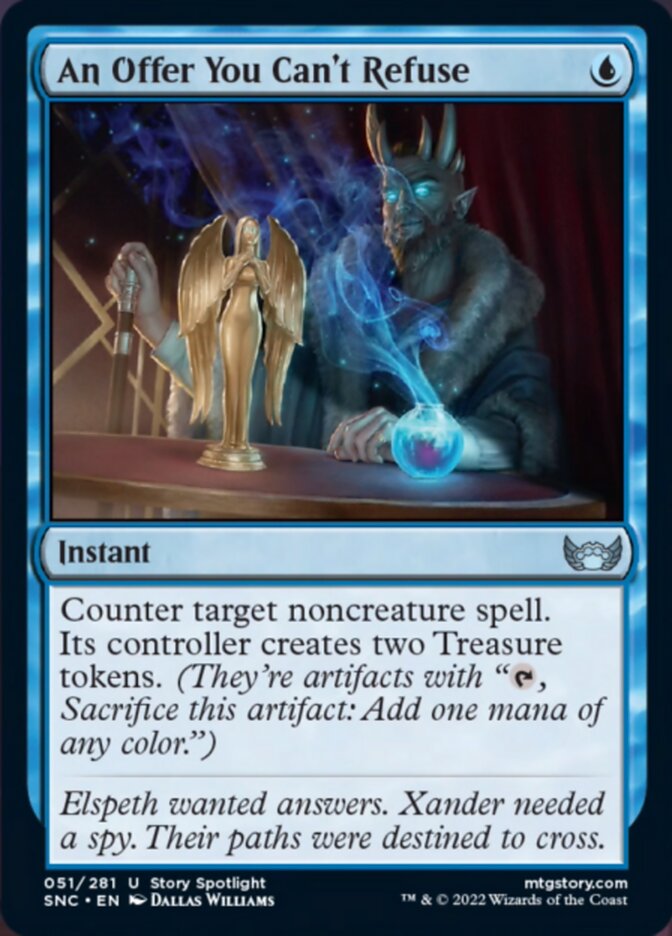
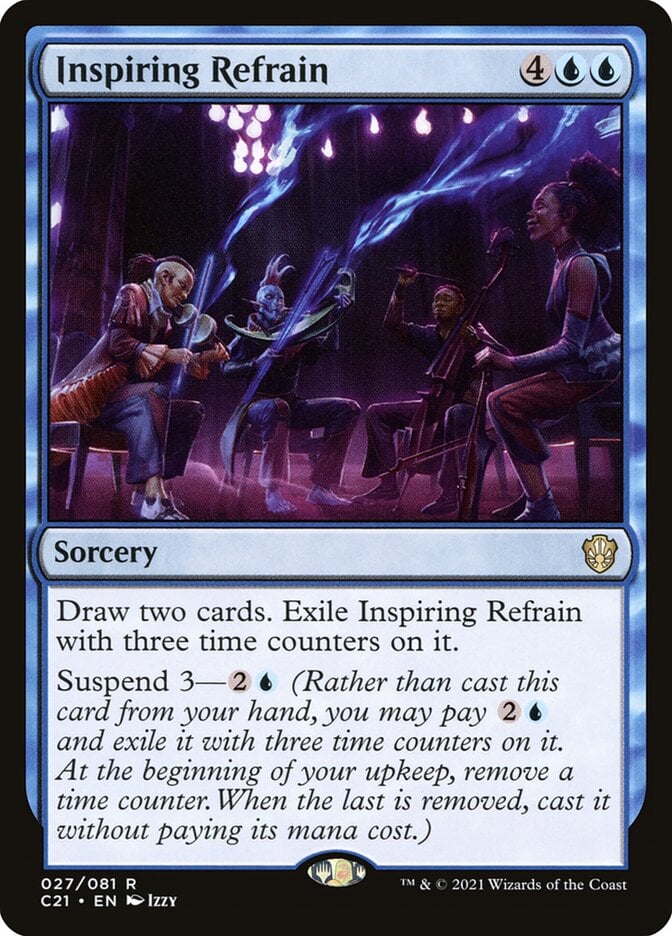
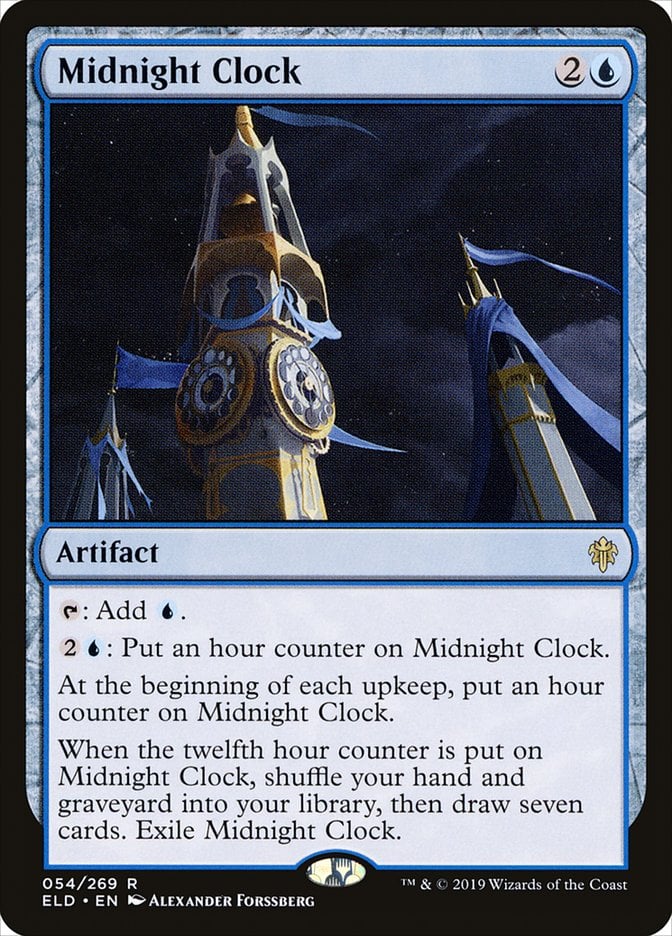
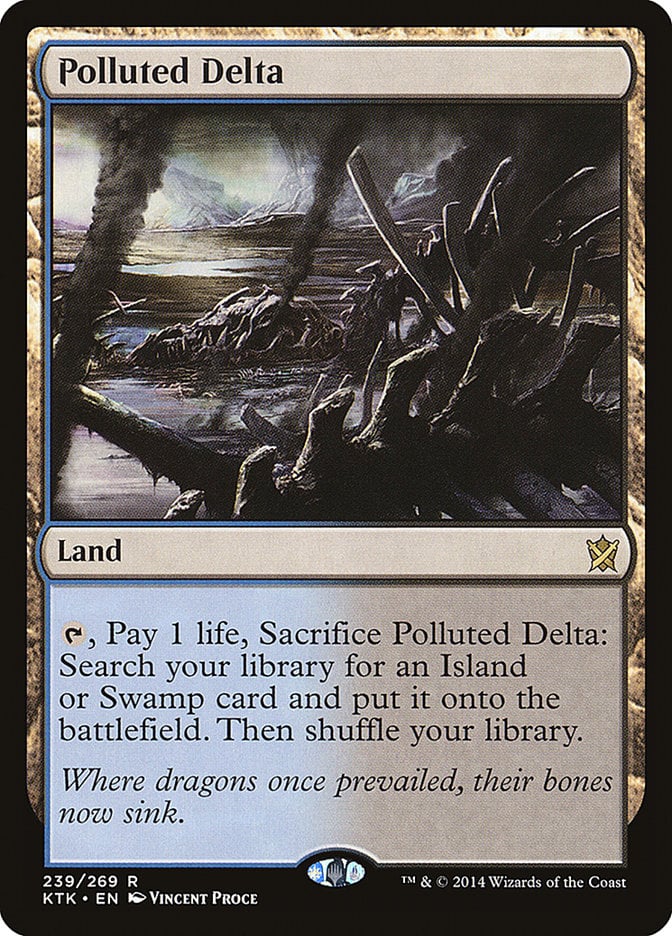
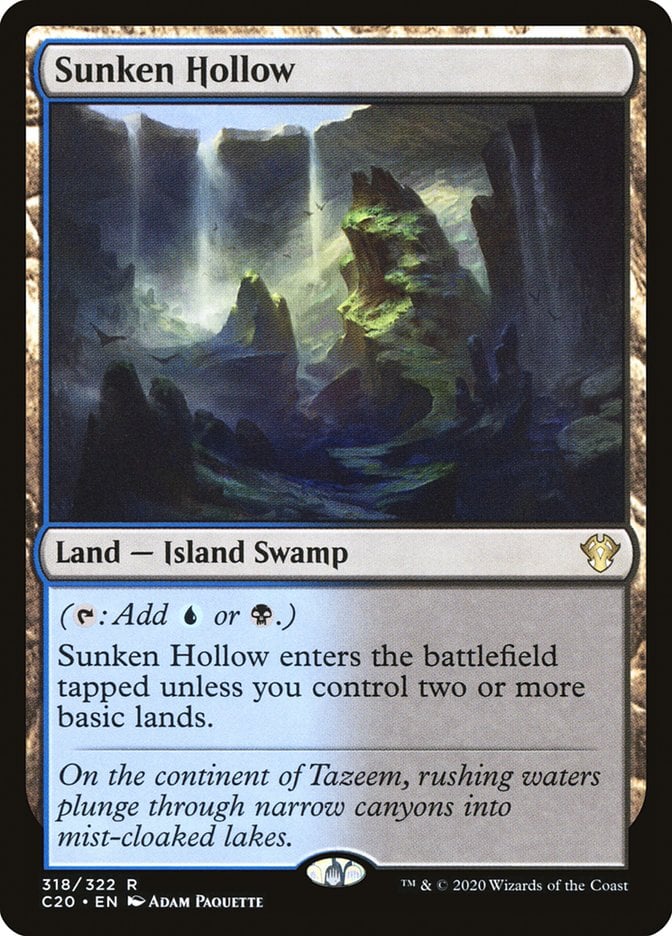
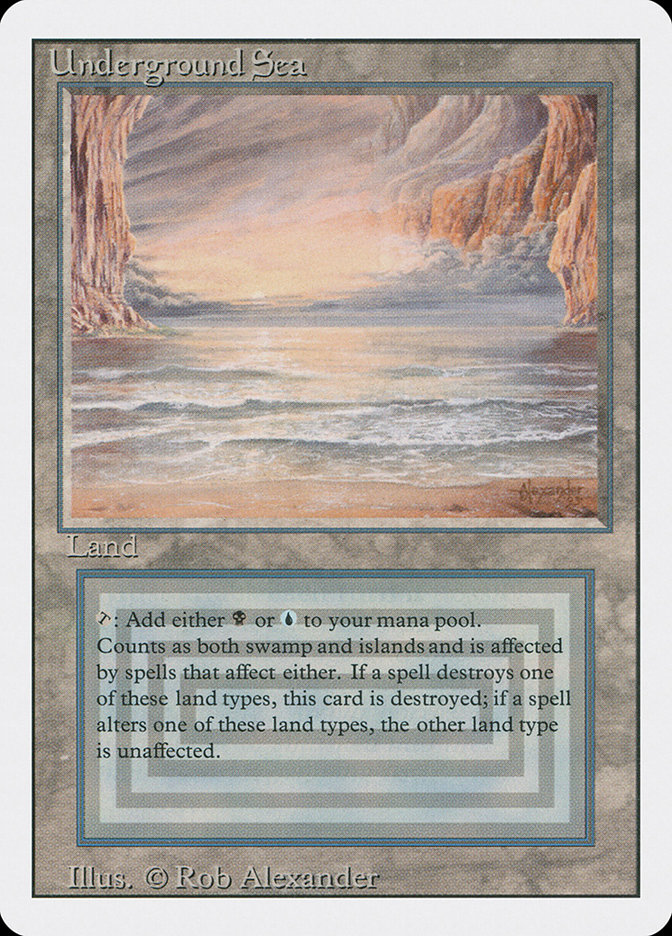
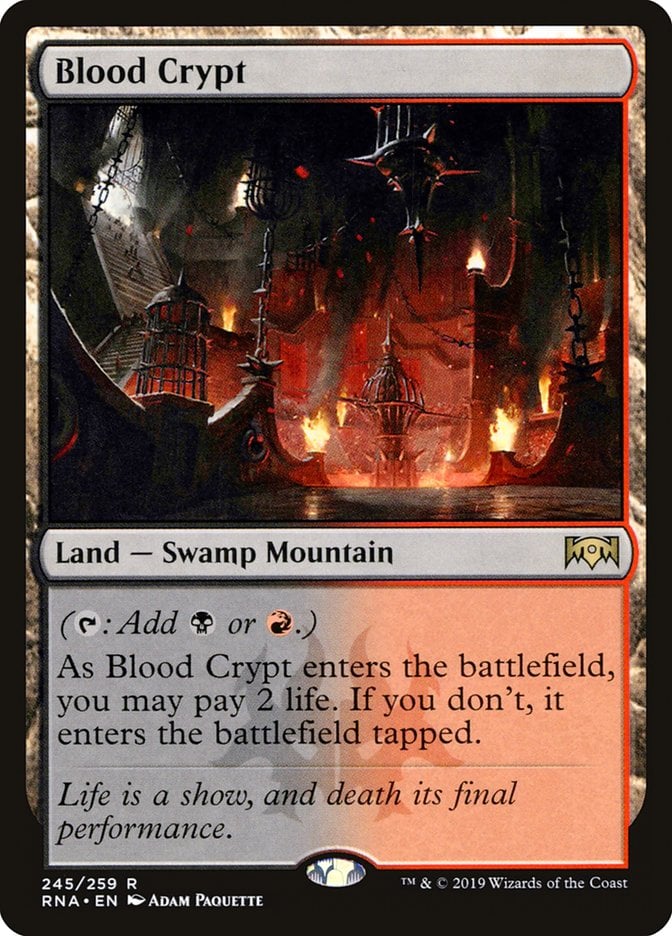
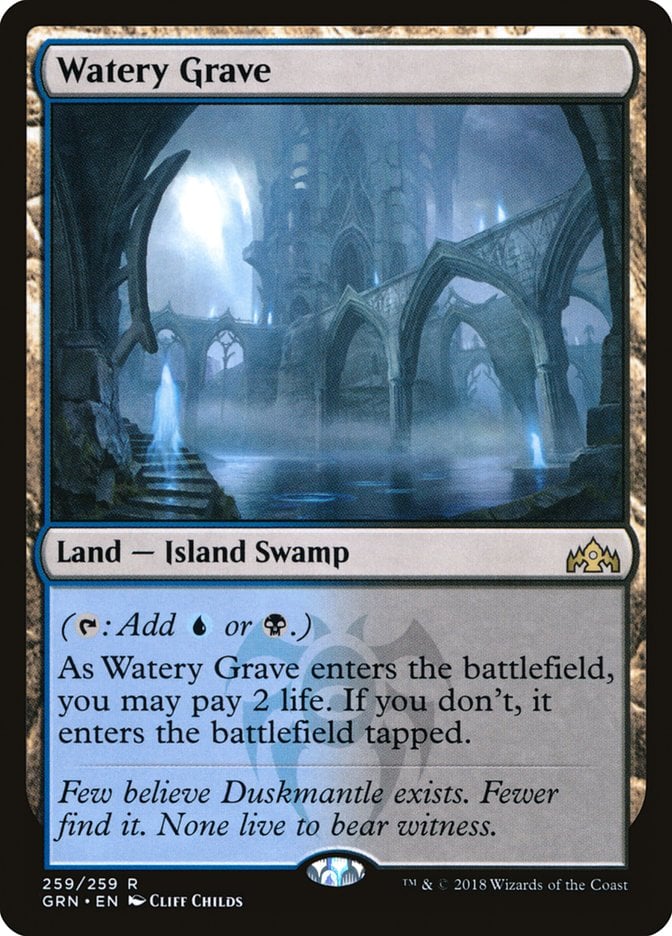
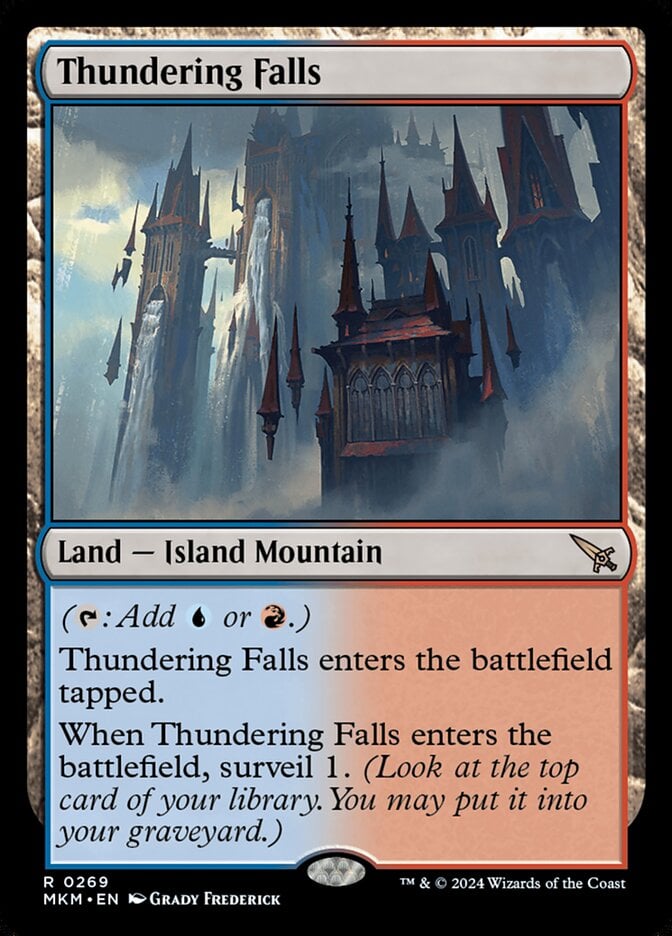
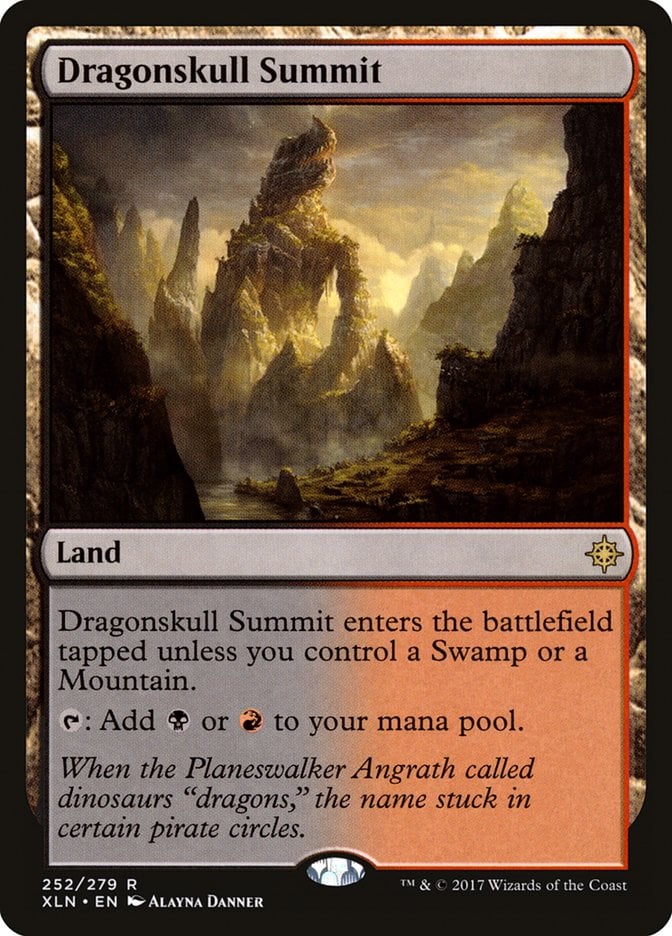
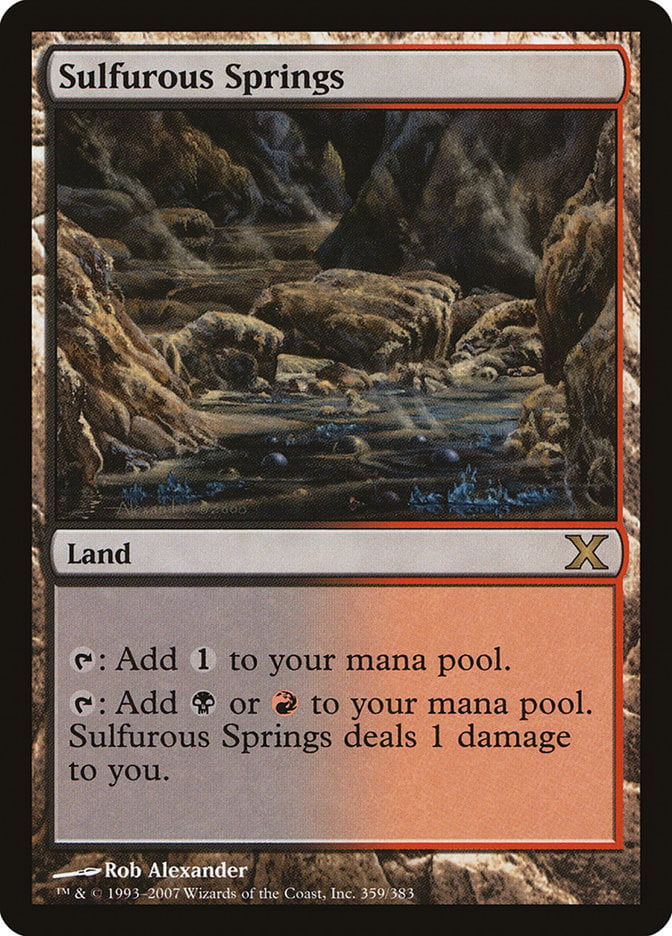
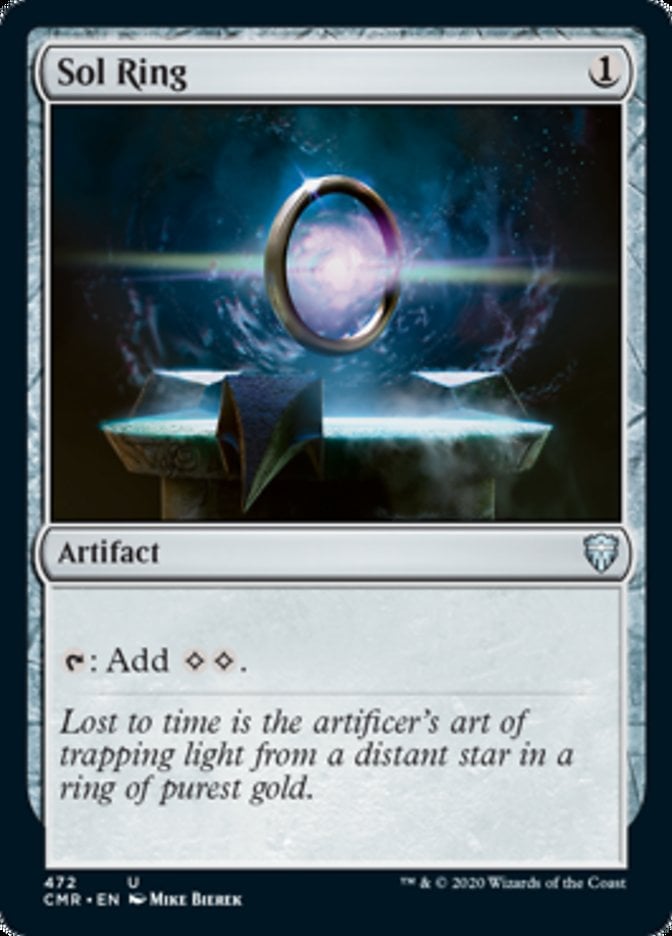
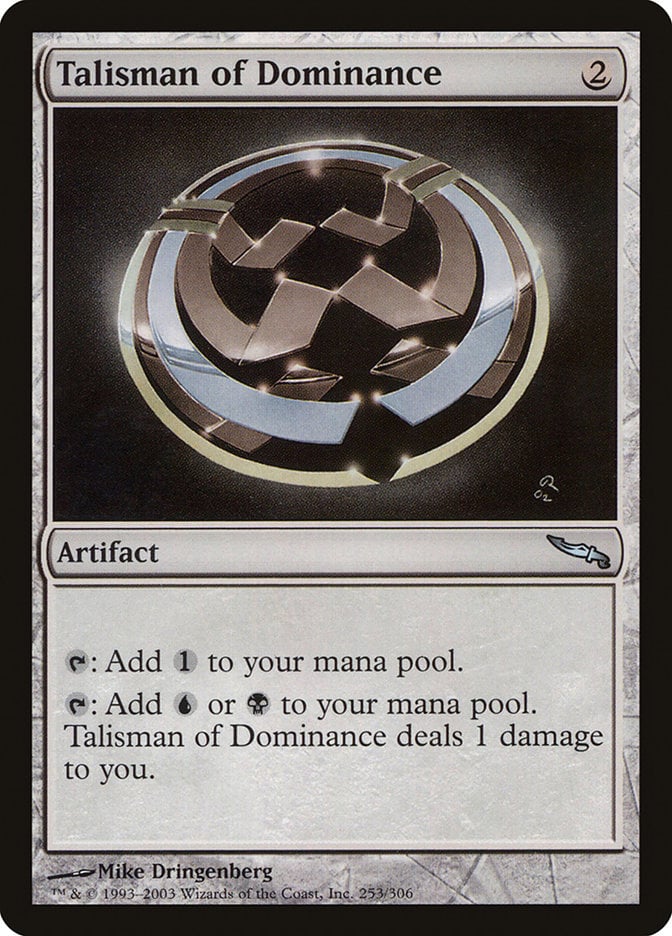
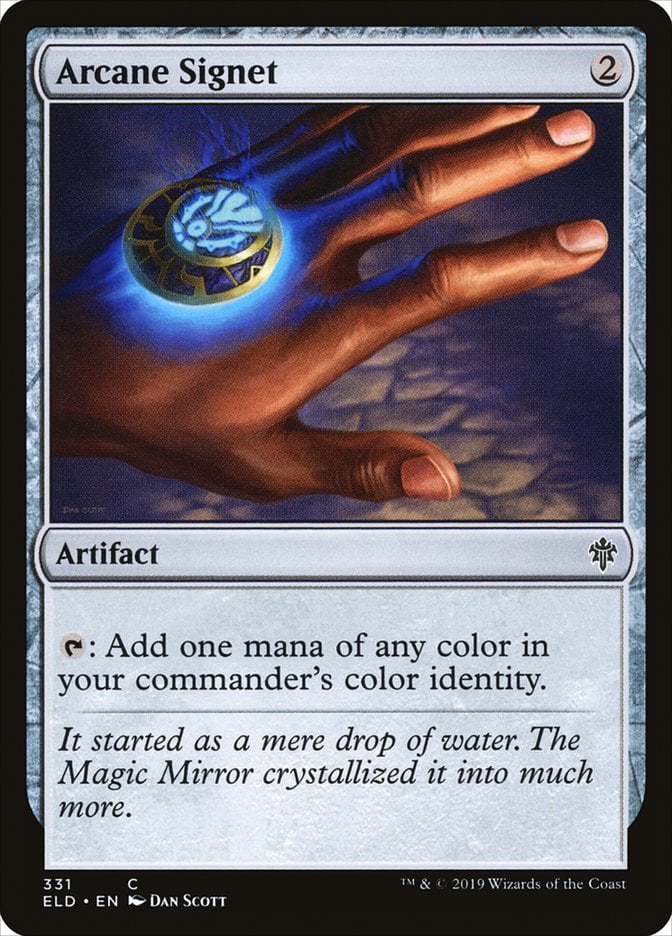
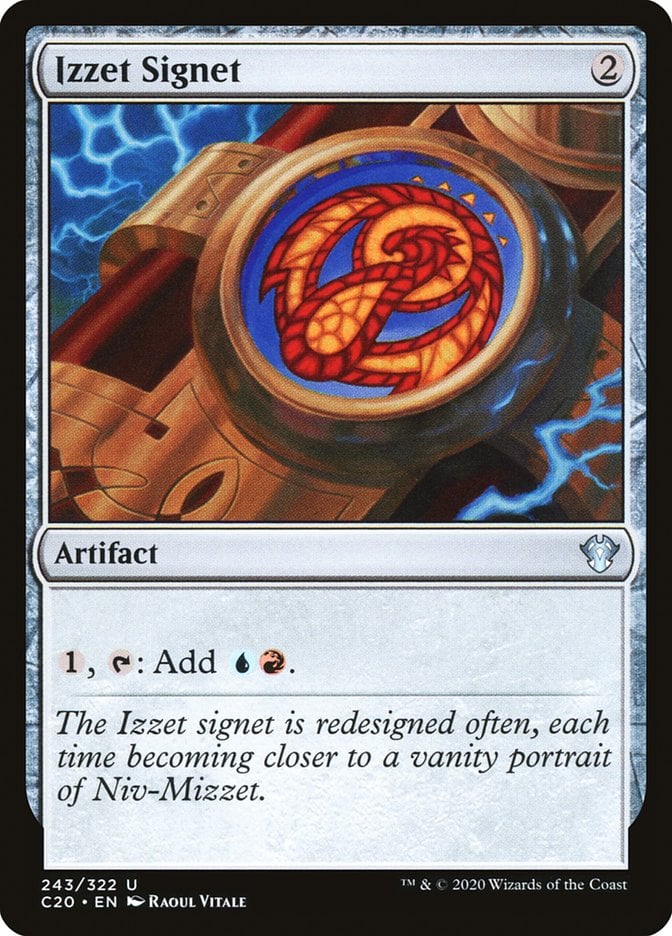
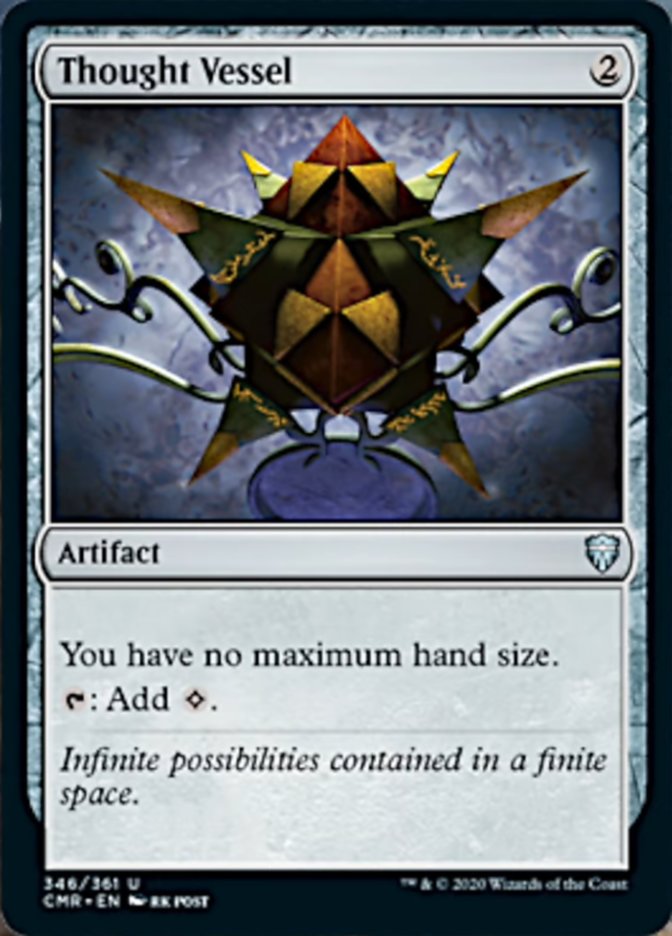
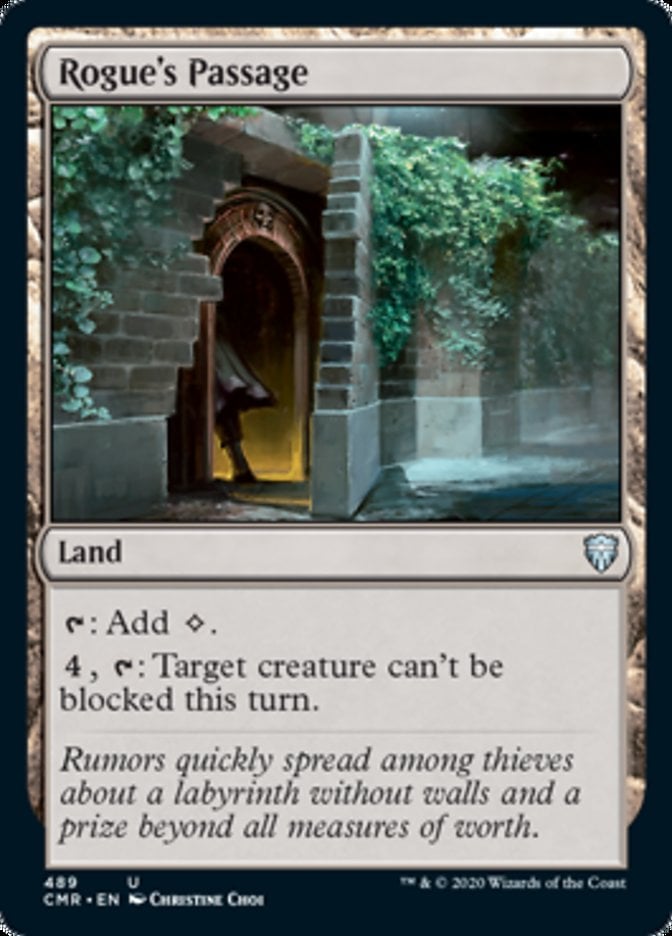
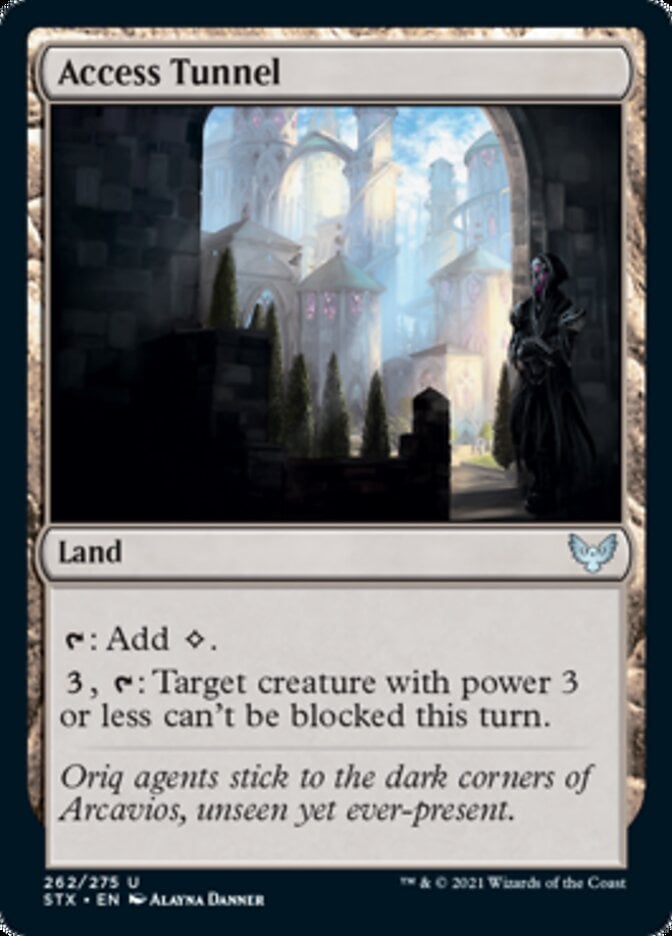
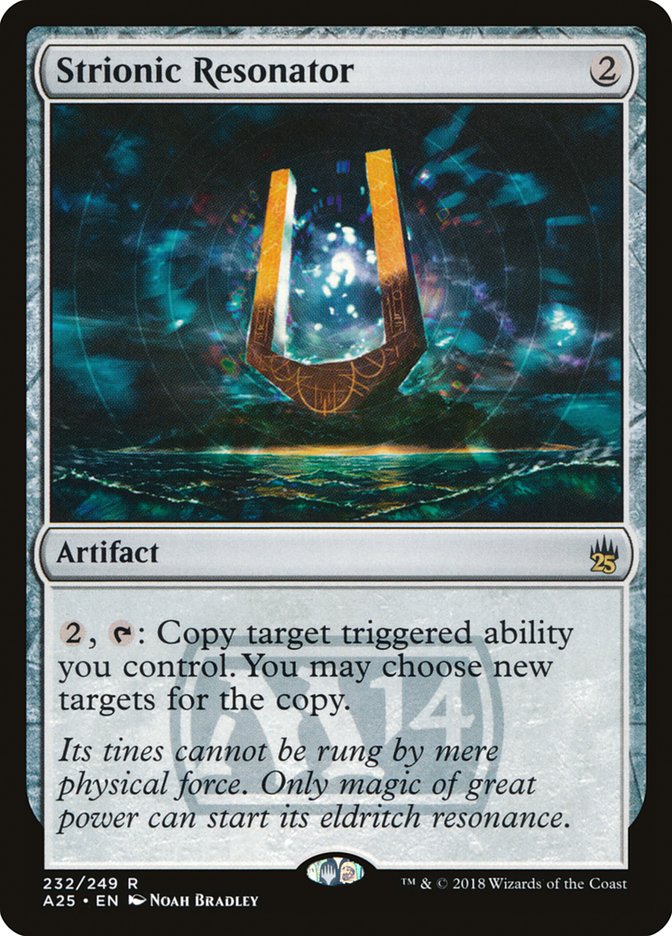
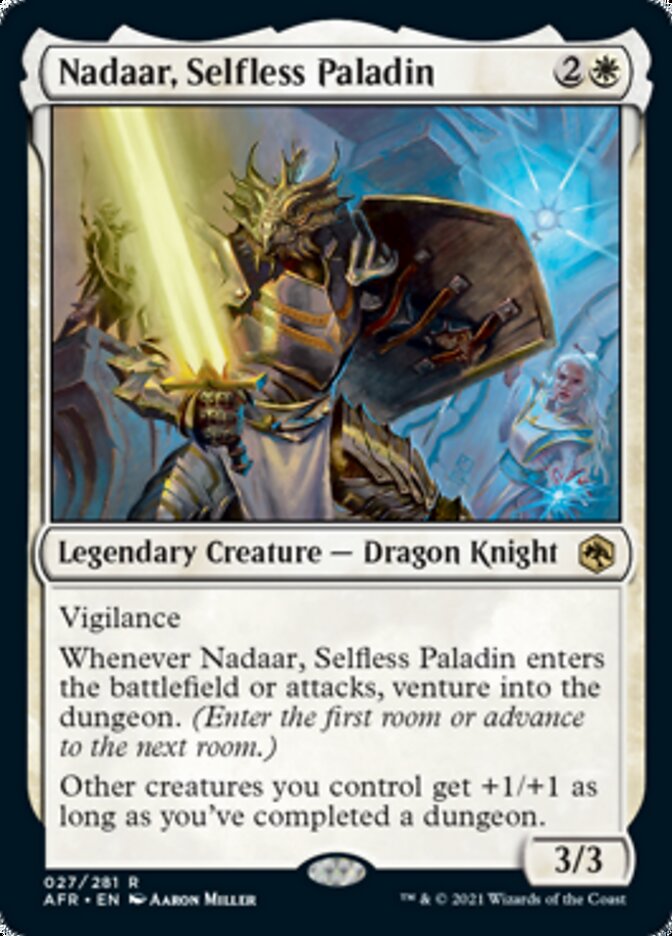
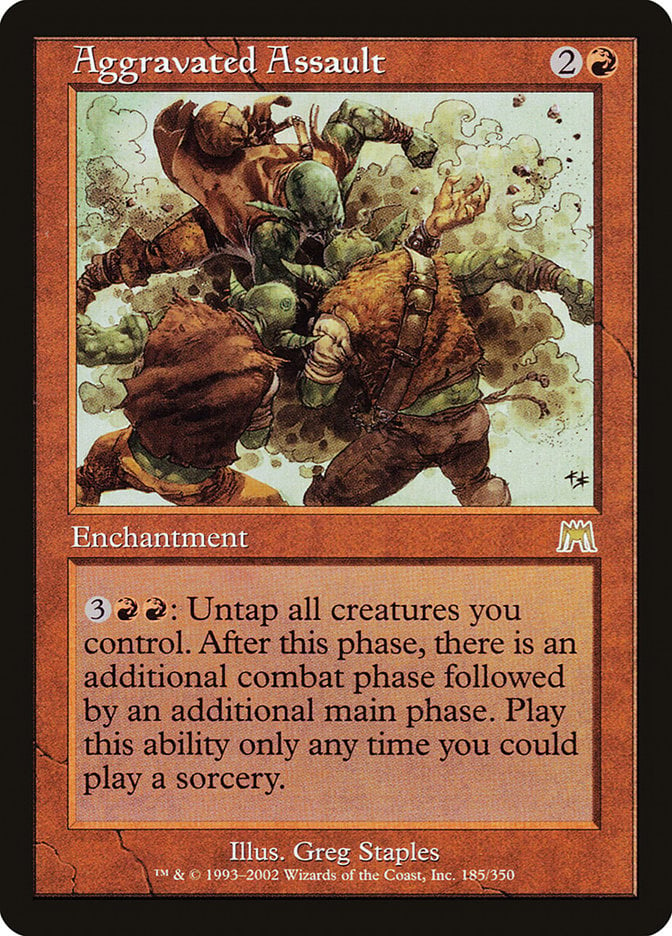
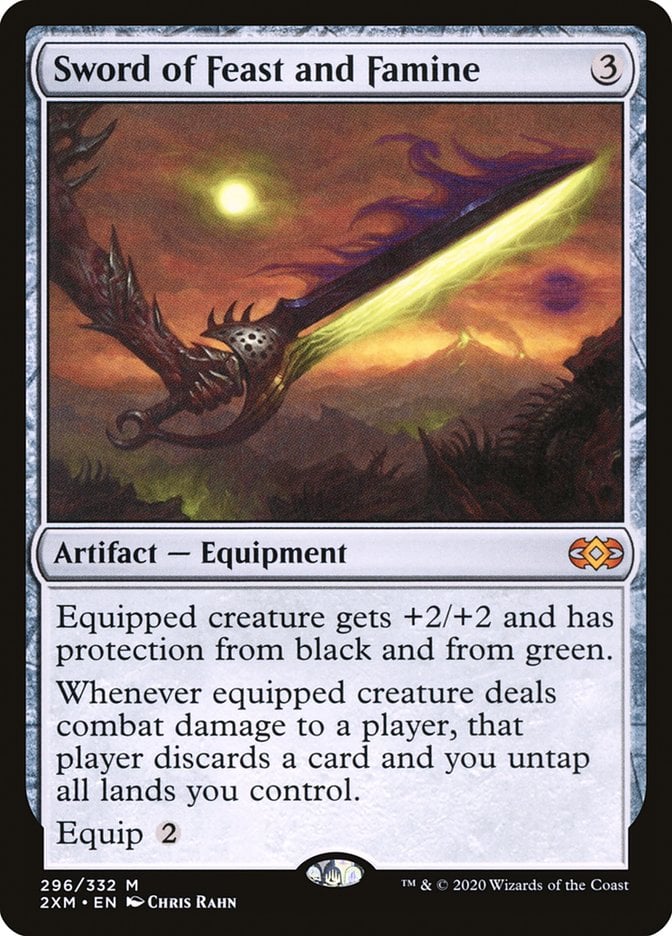
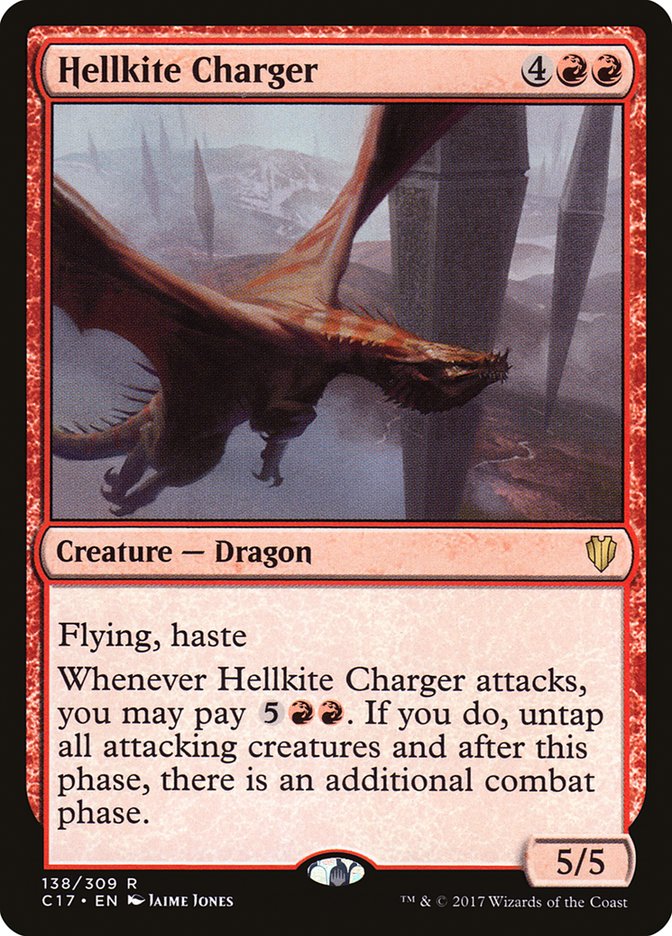
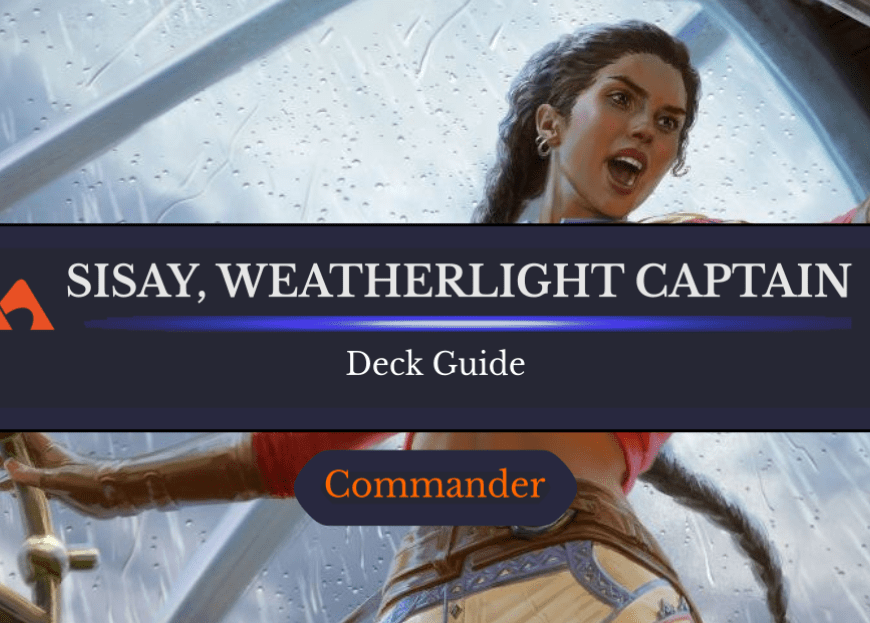
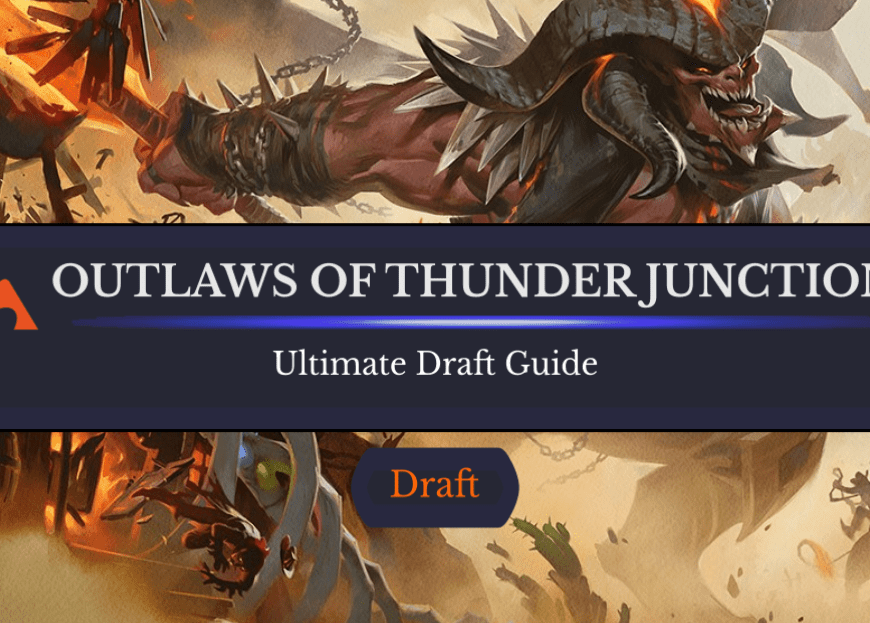
Add Comment